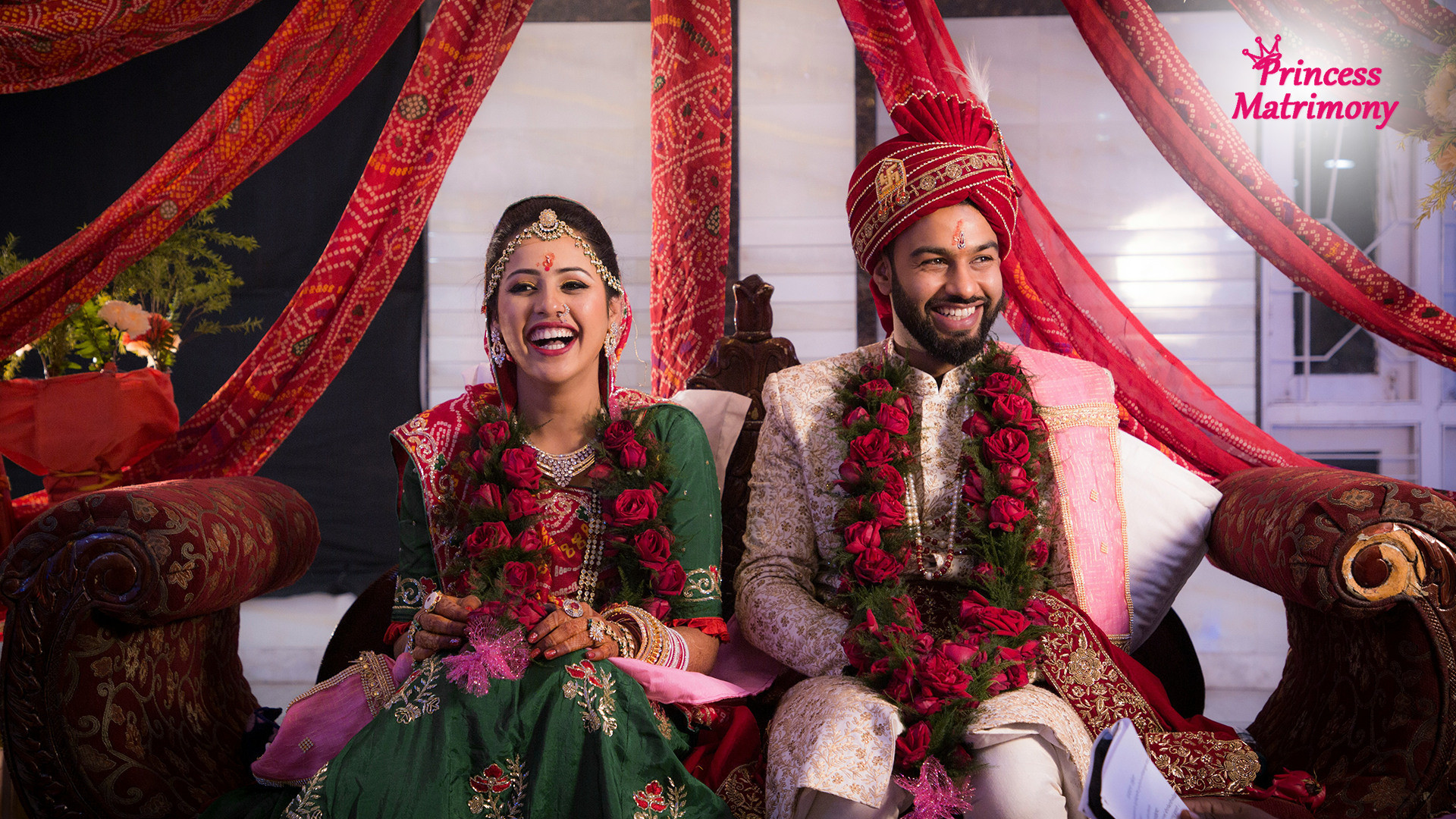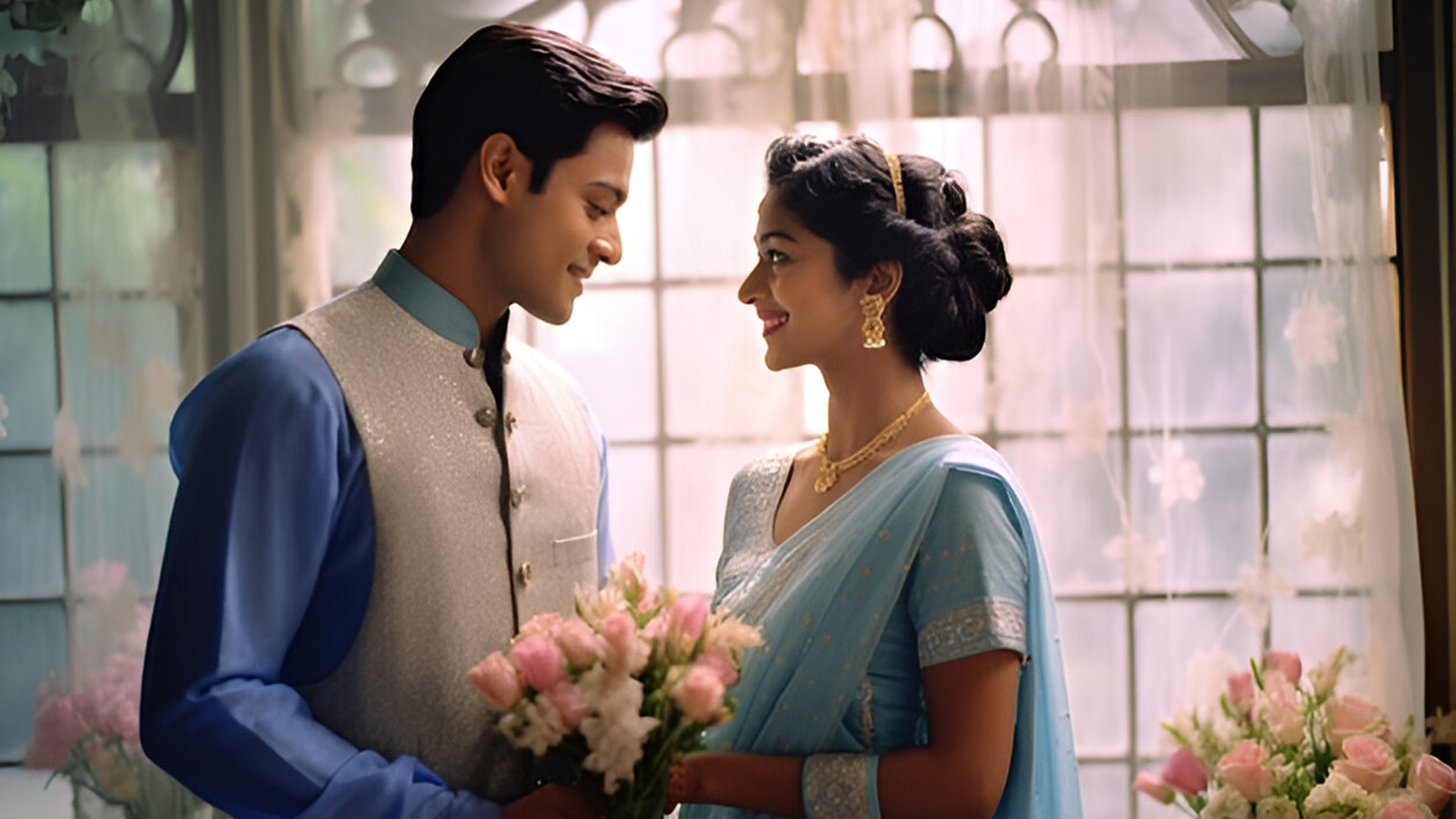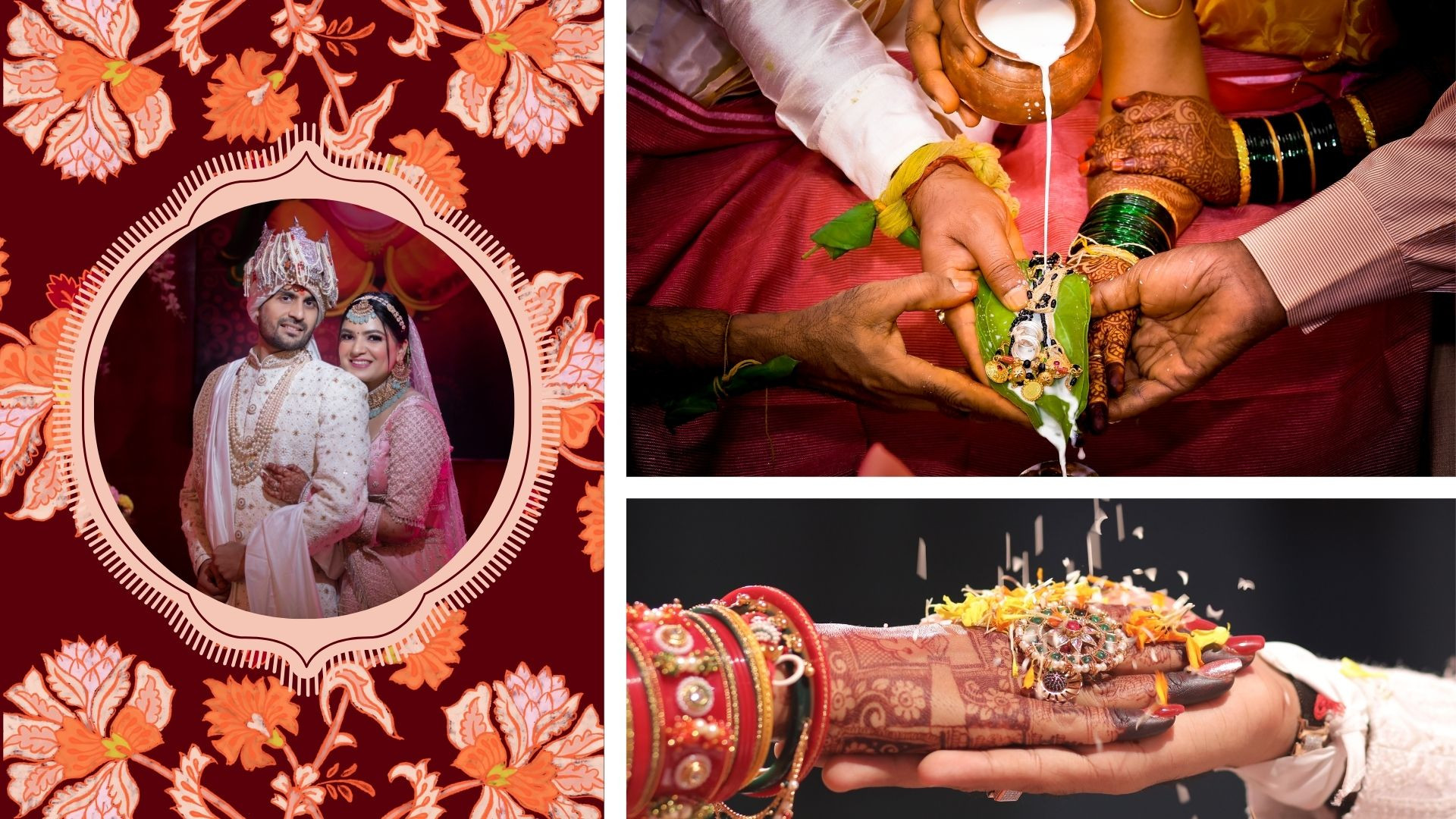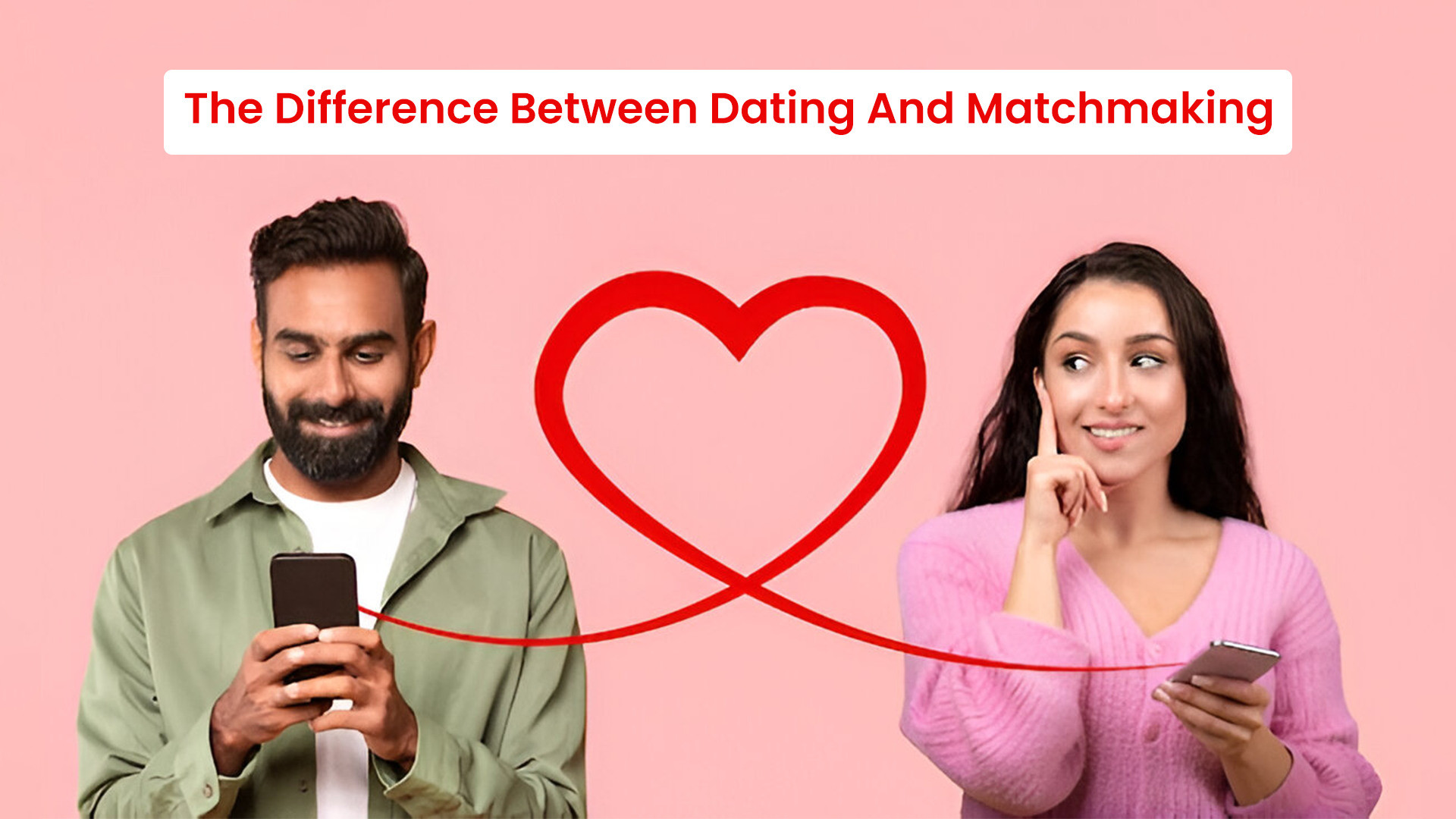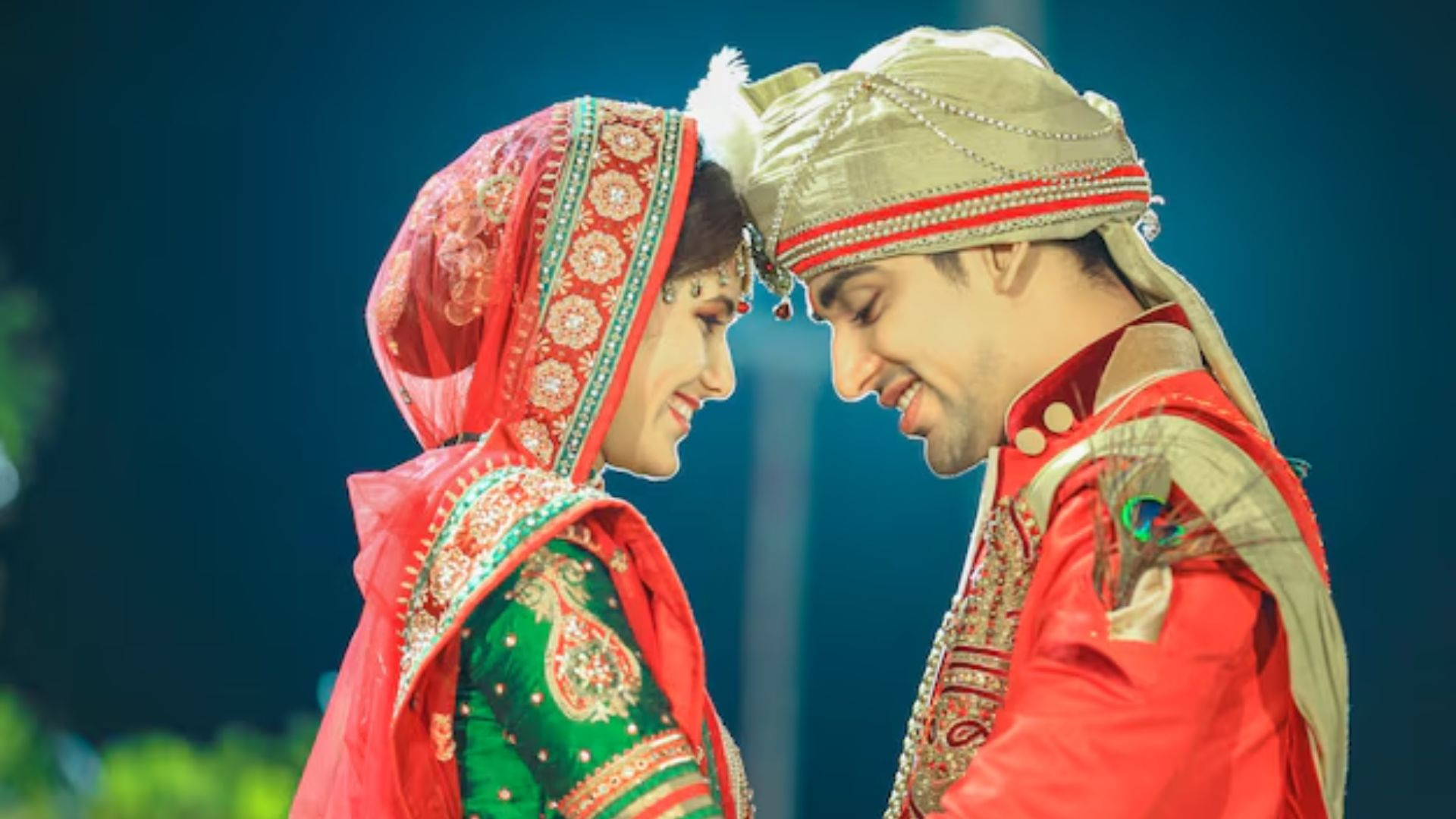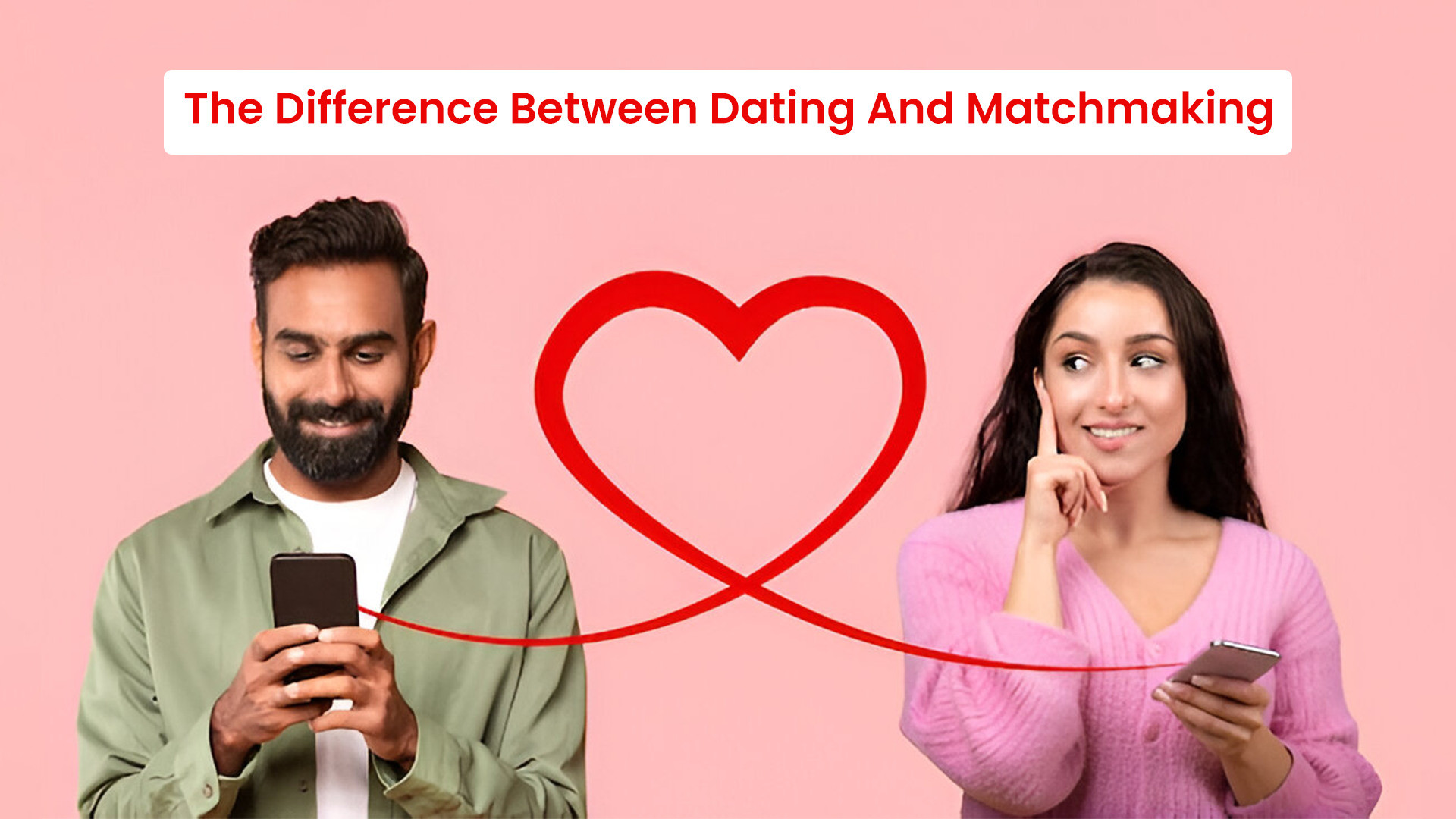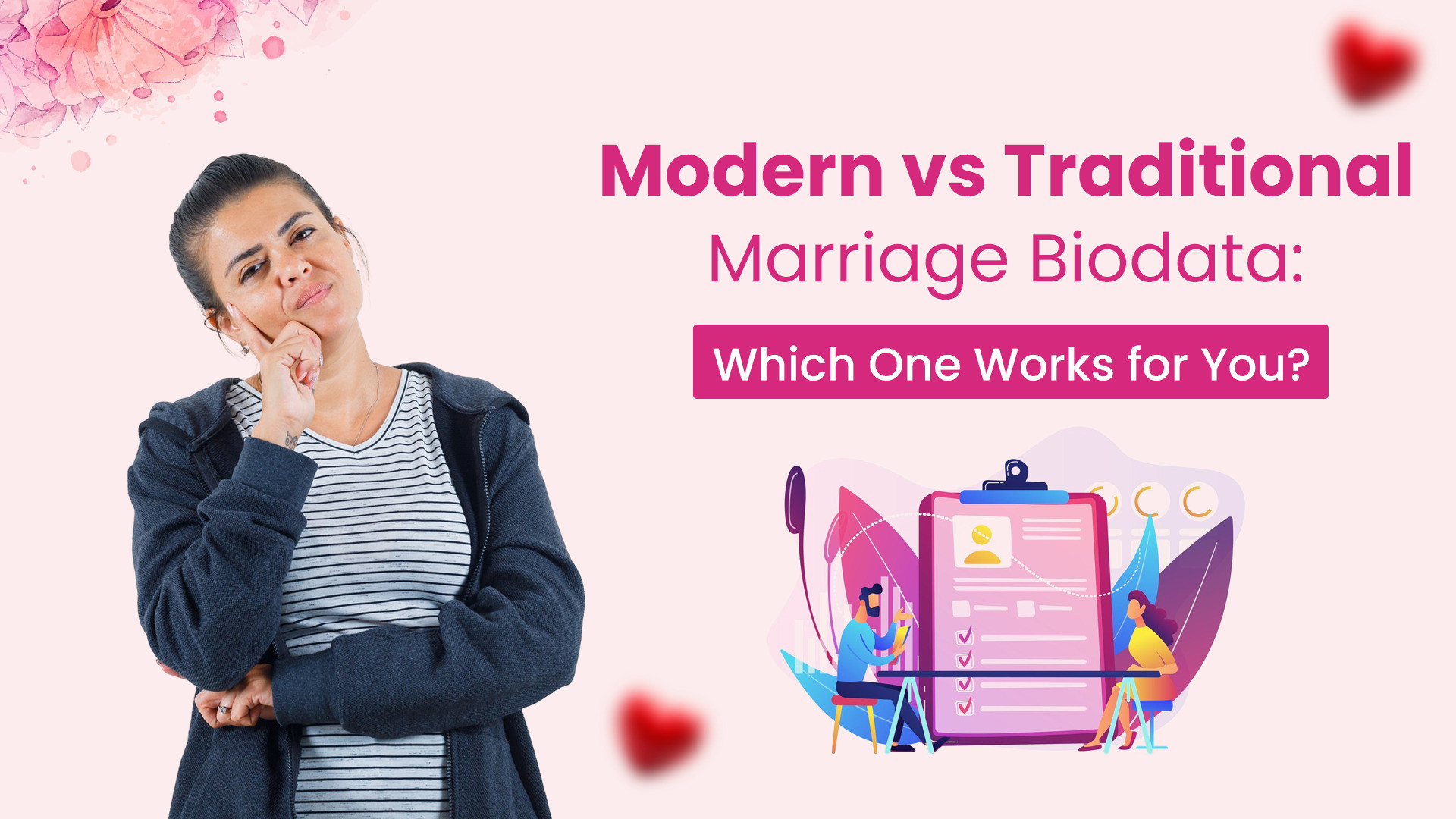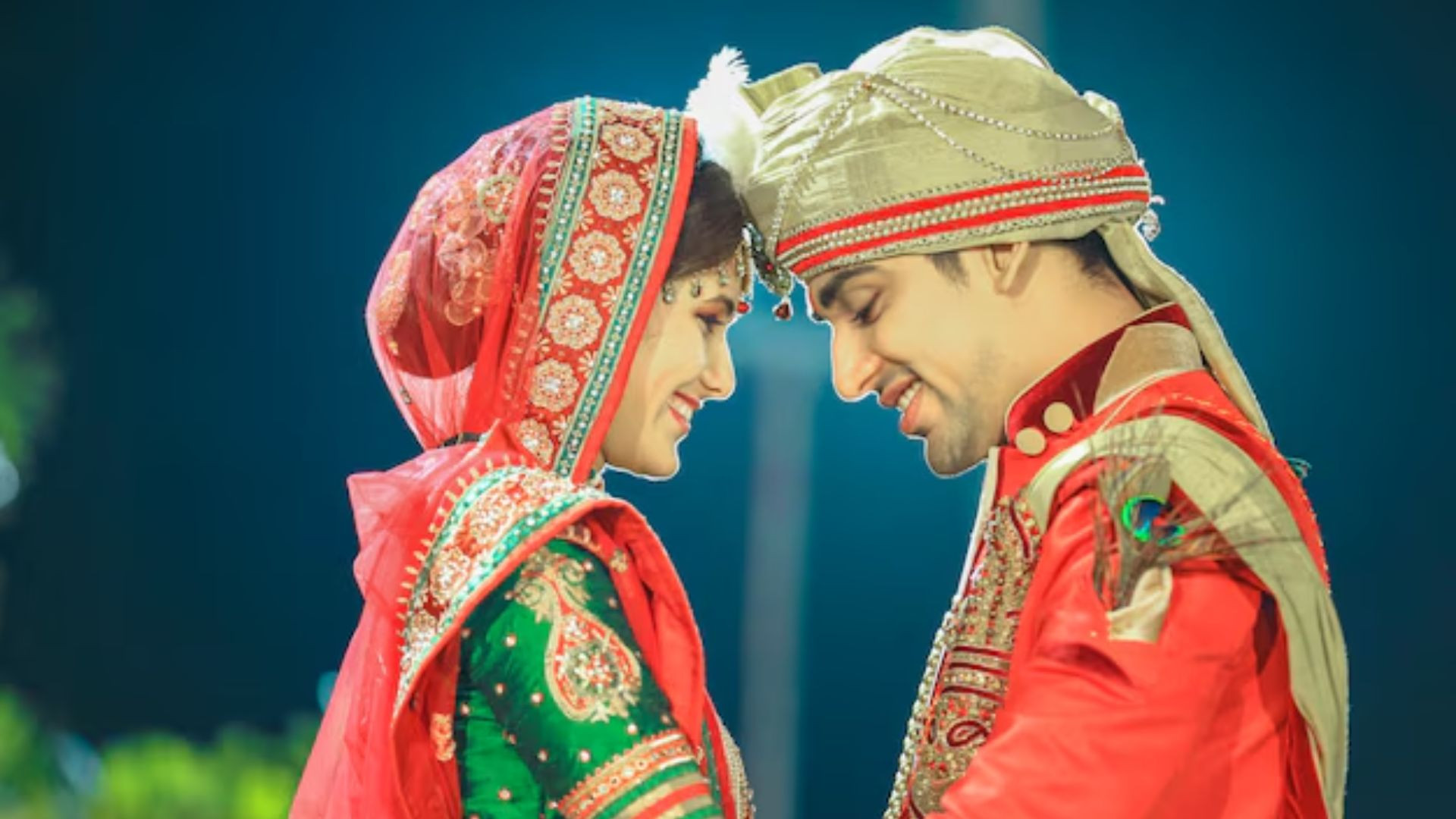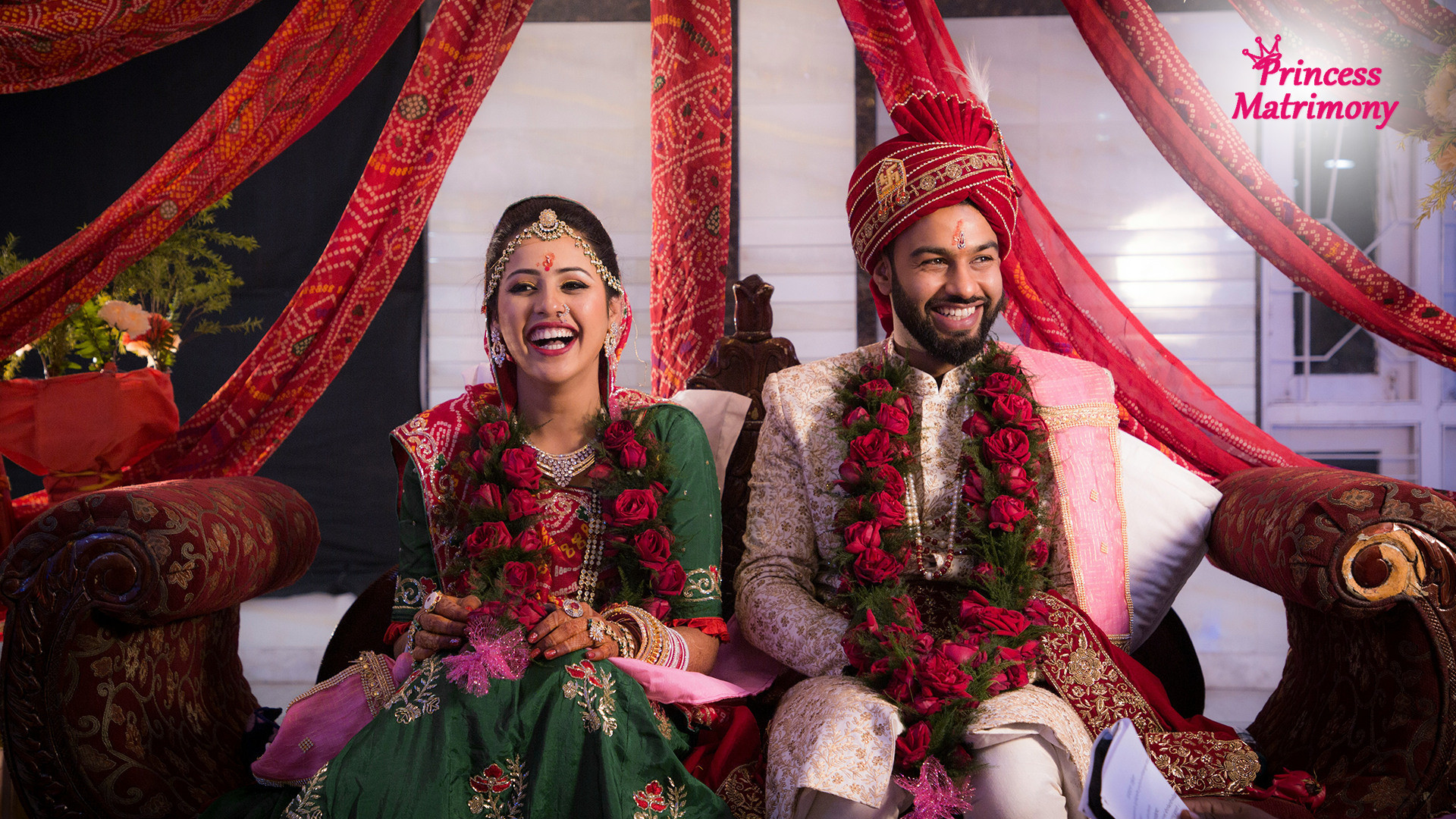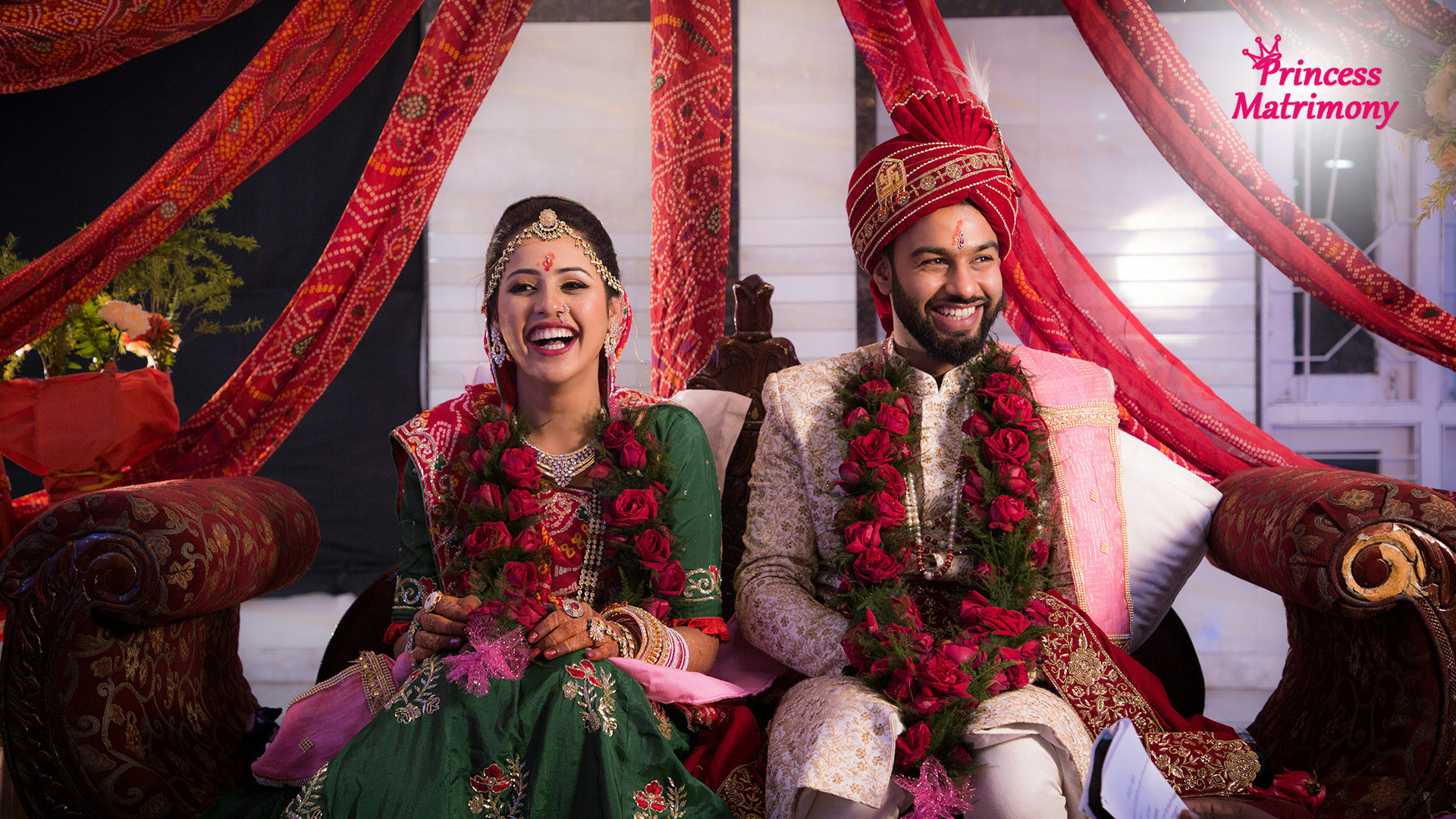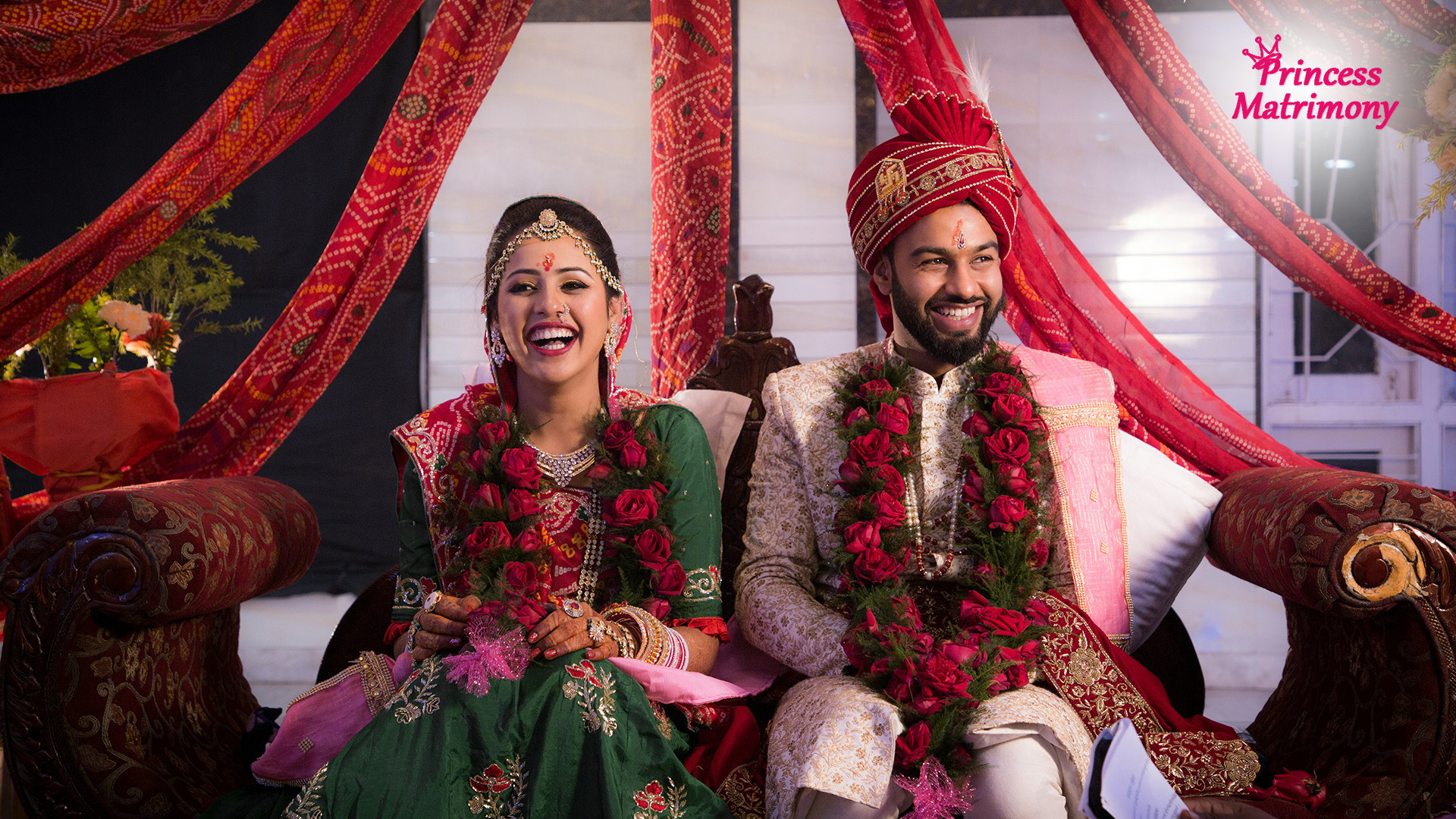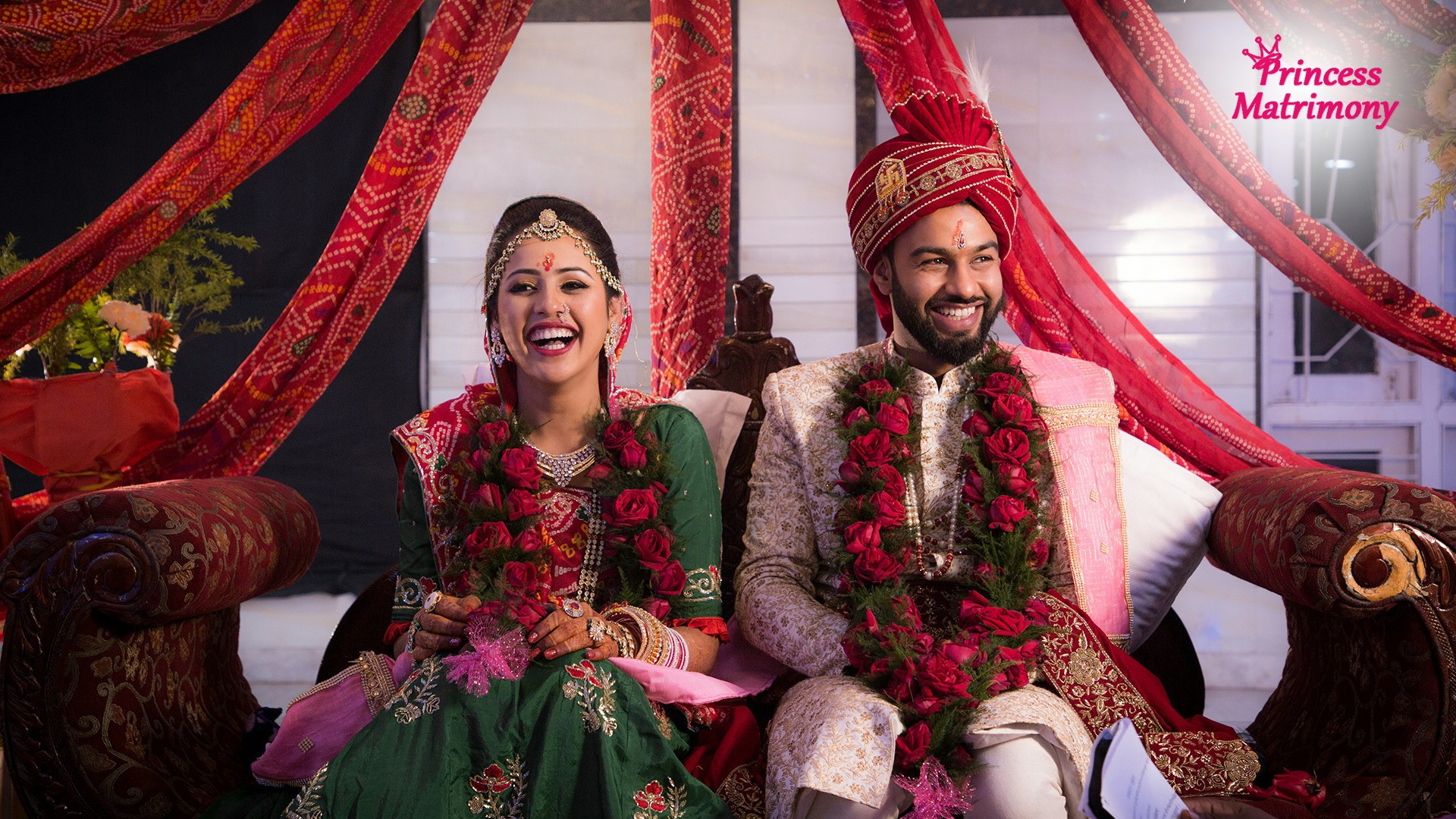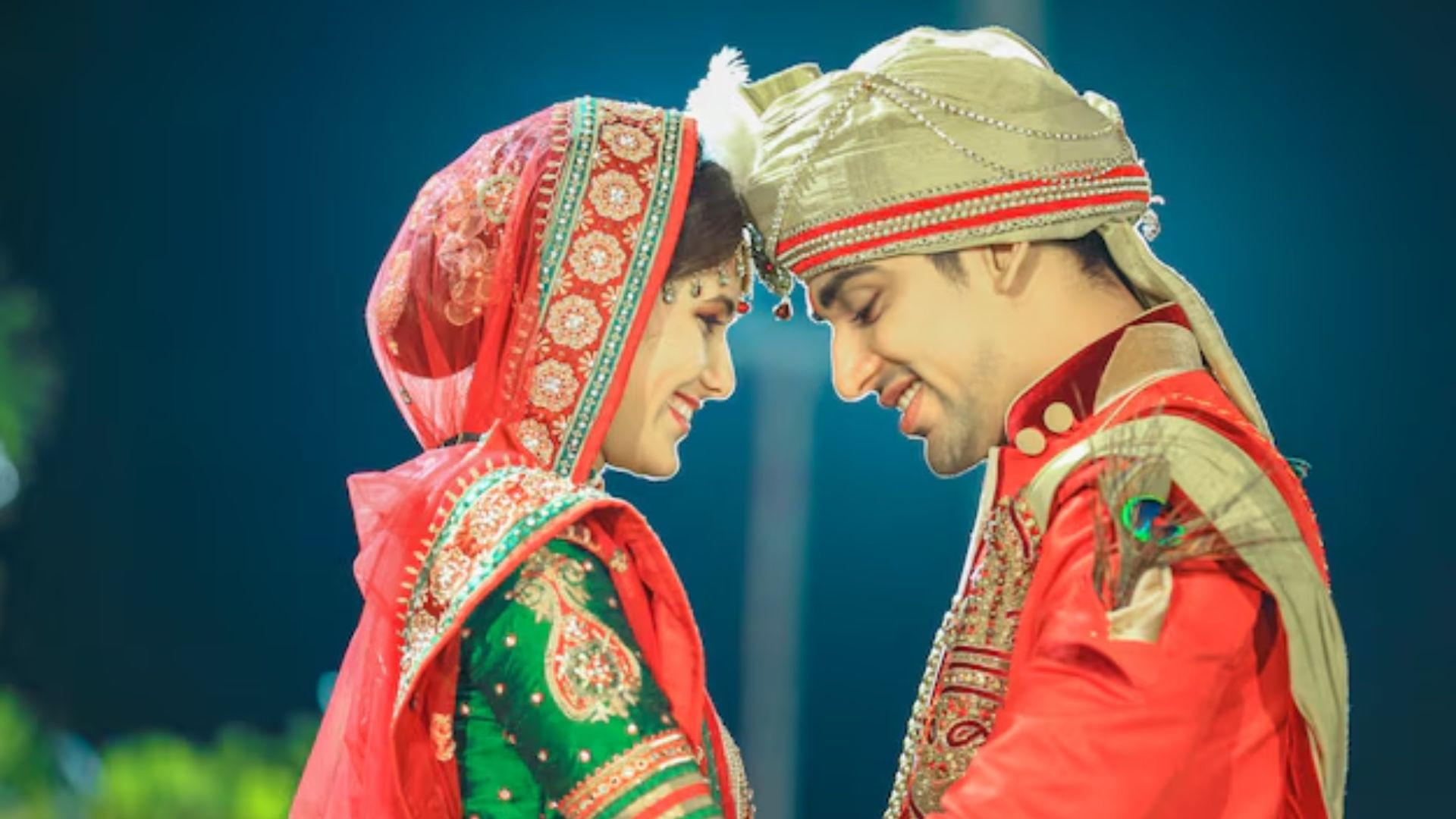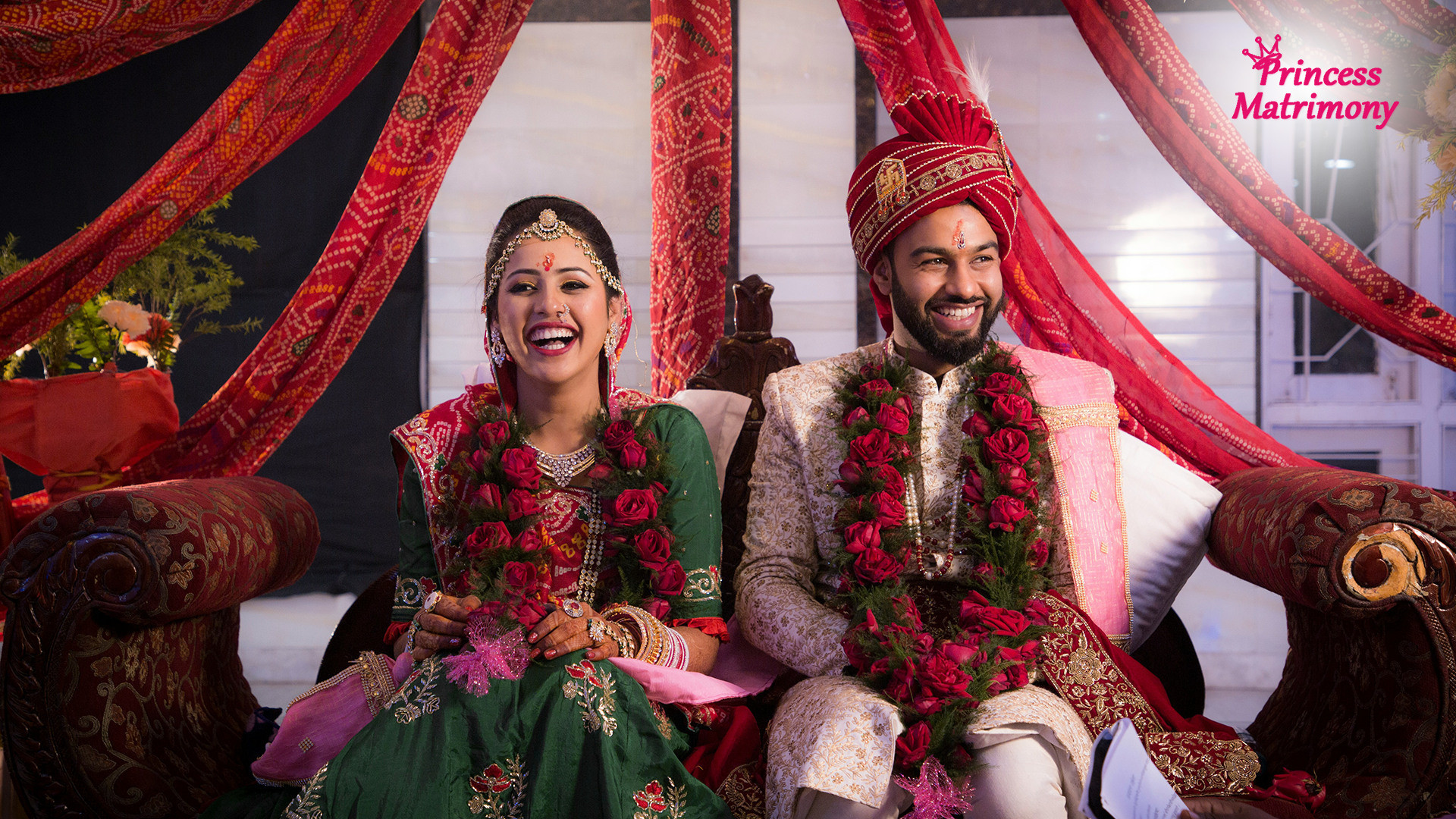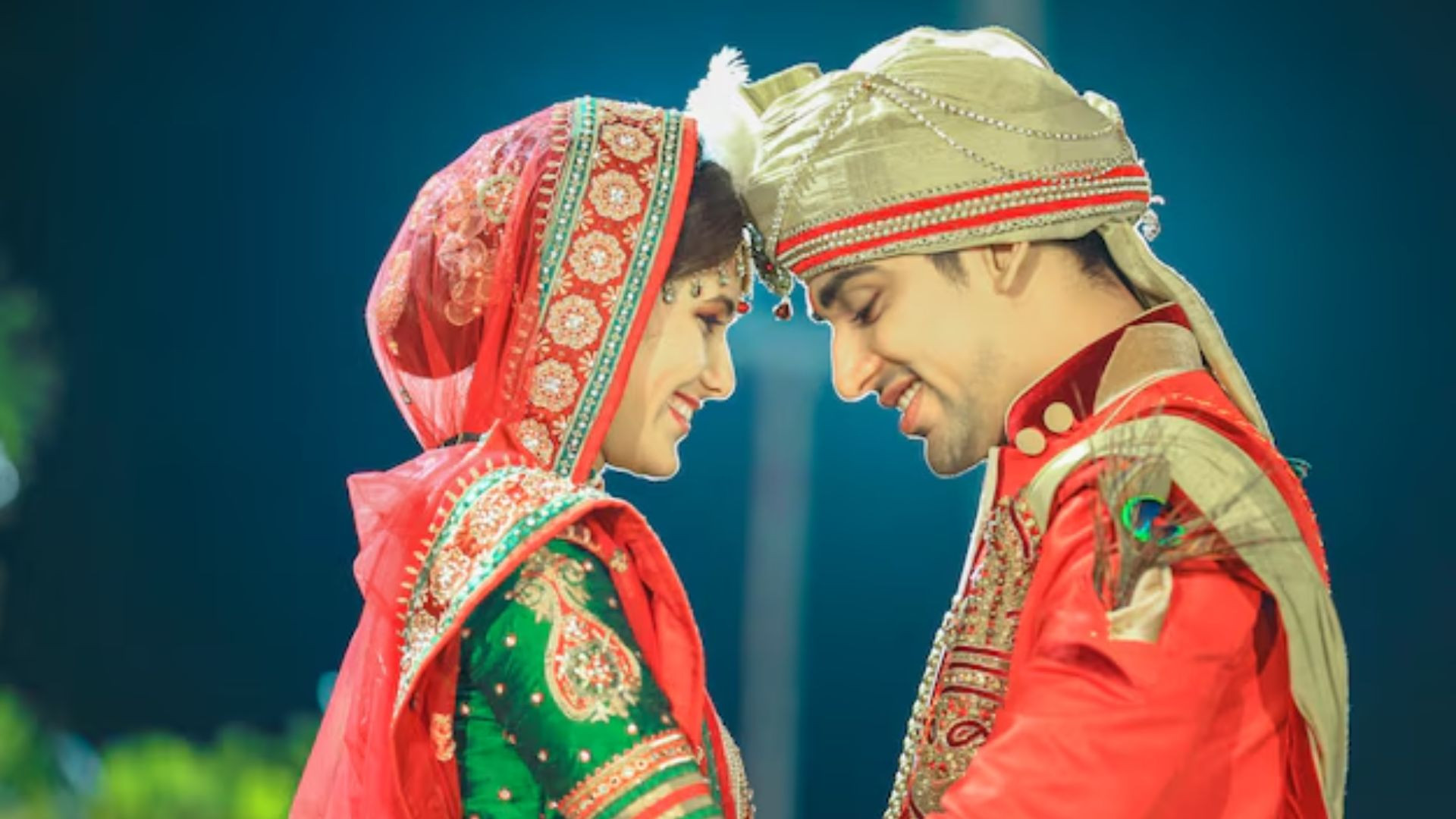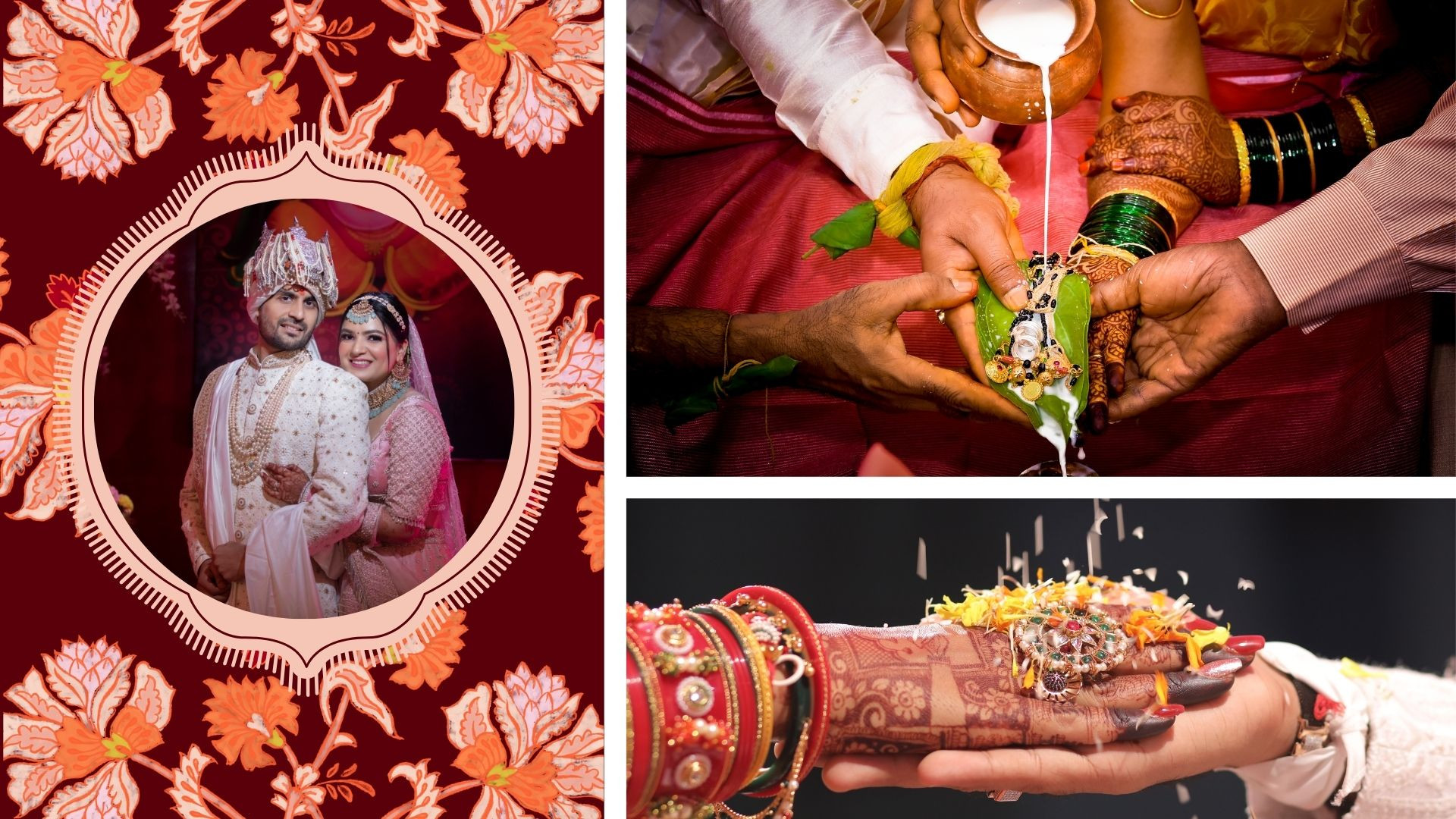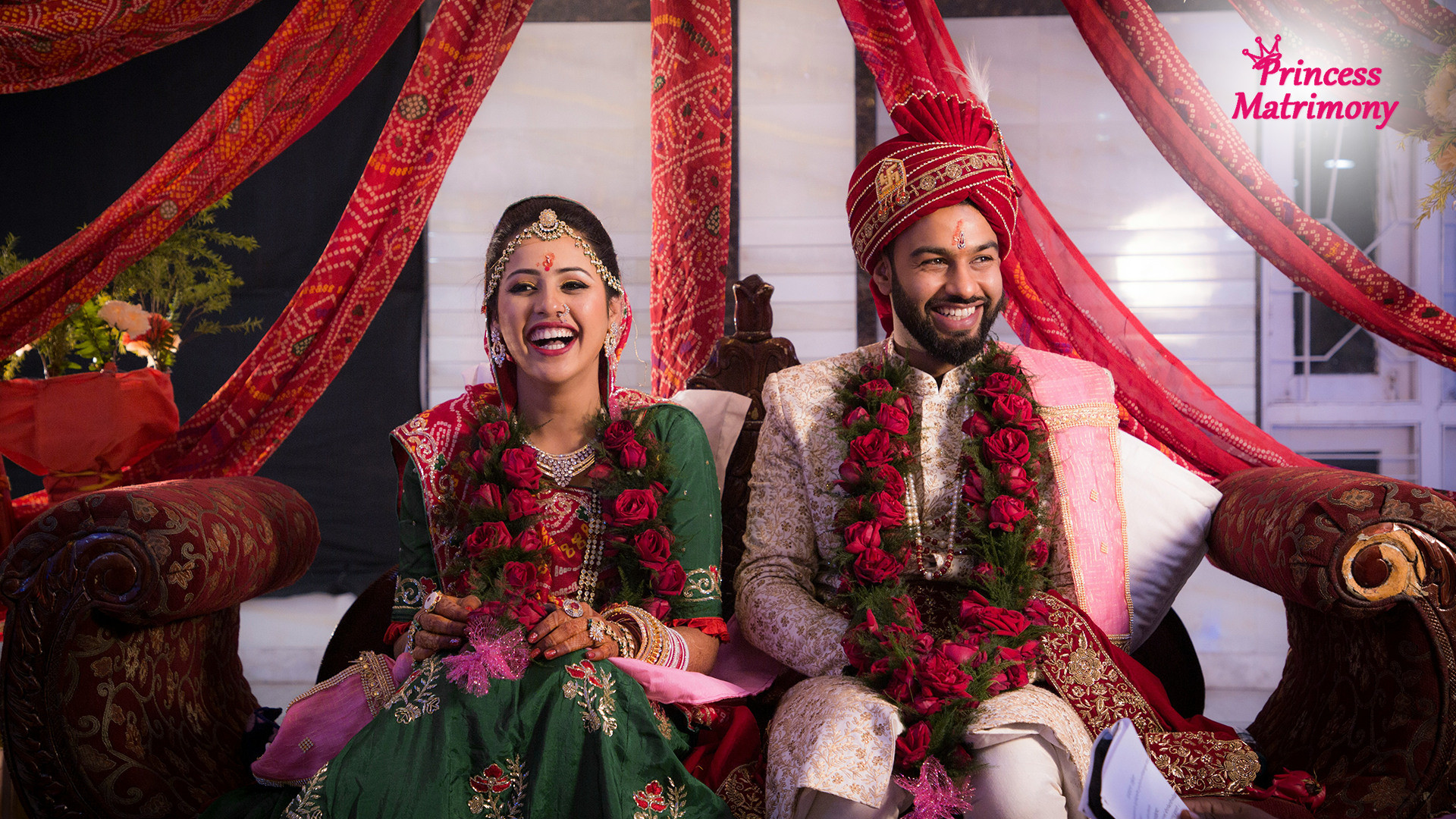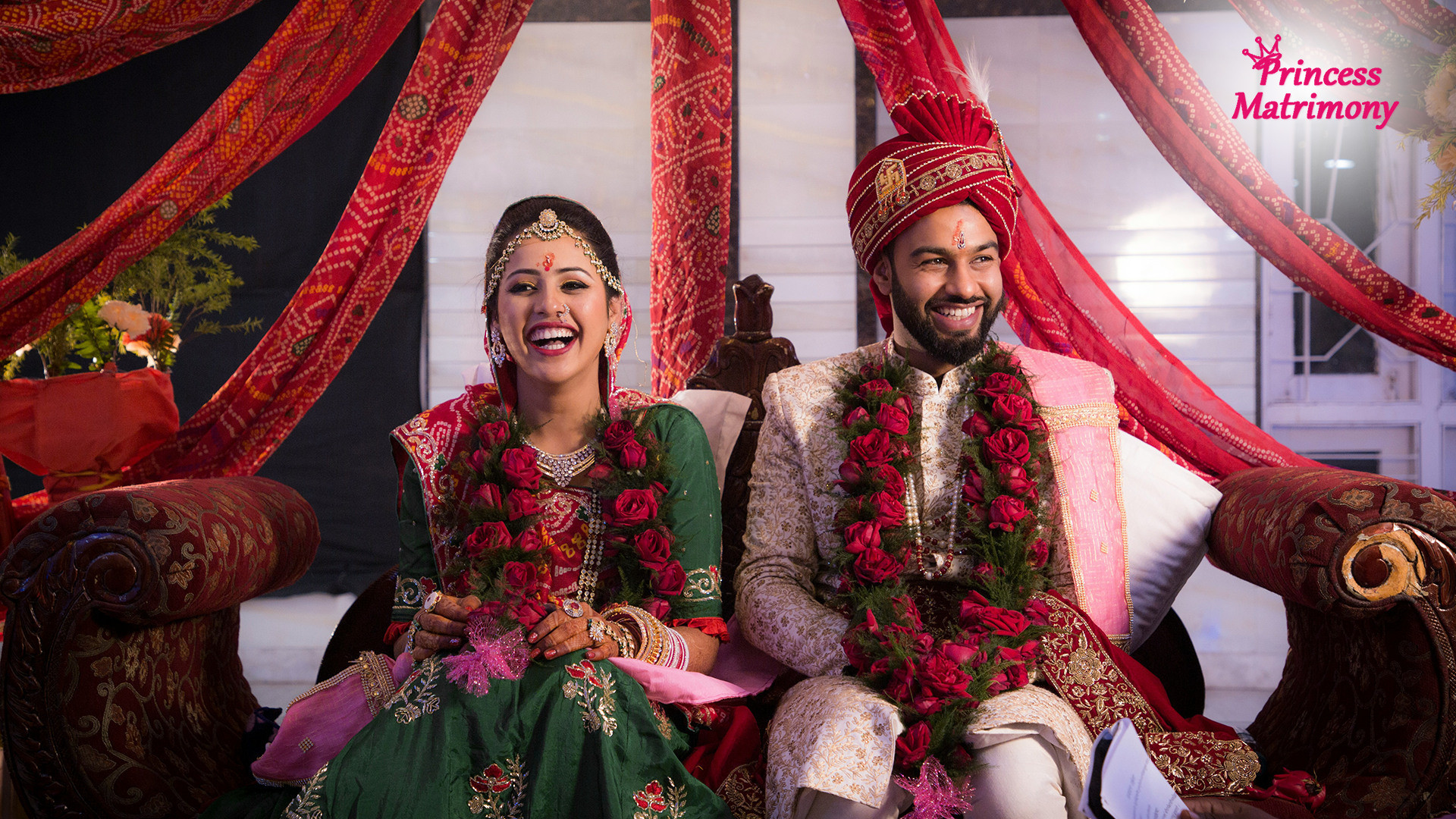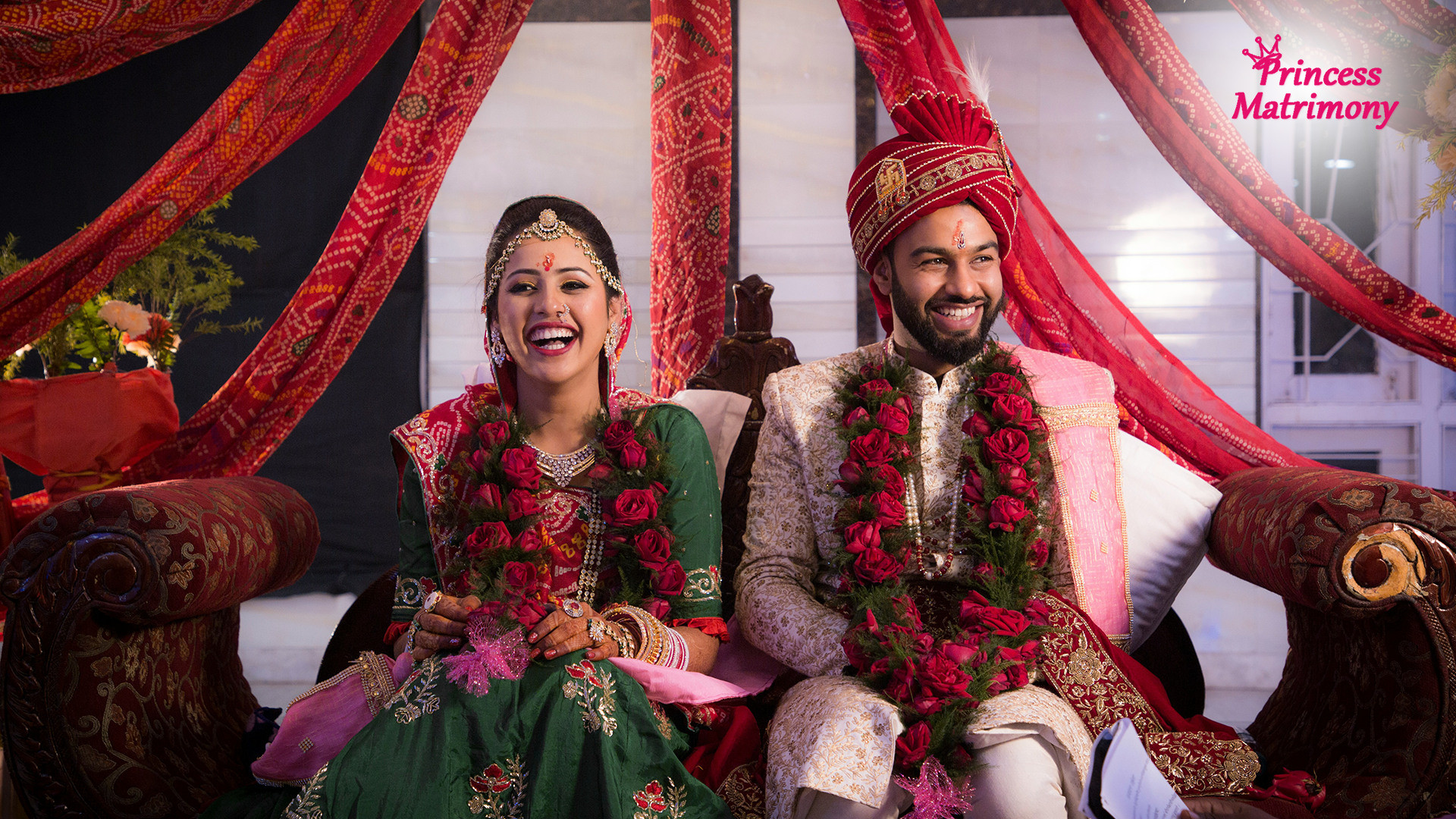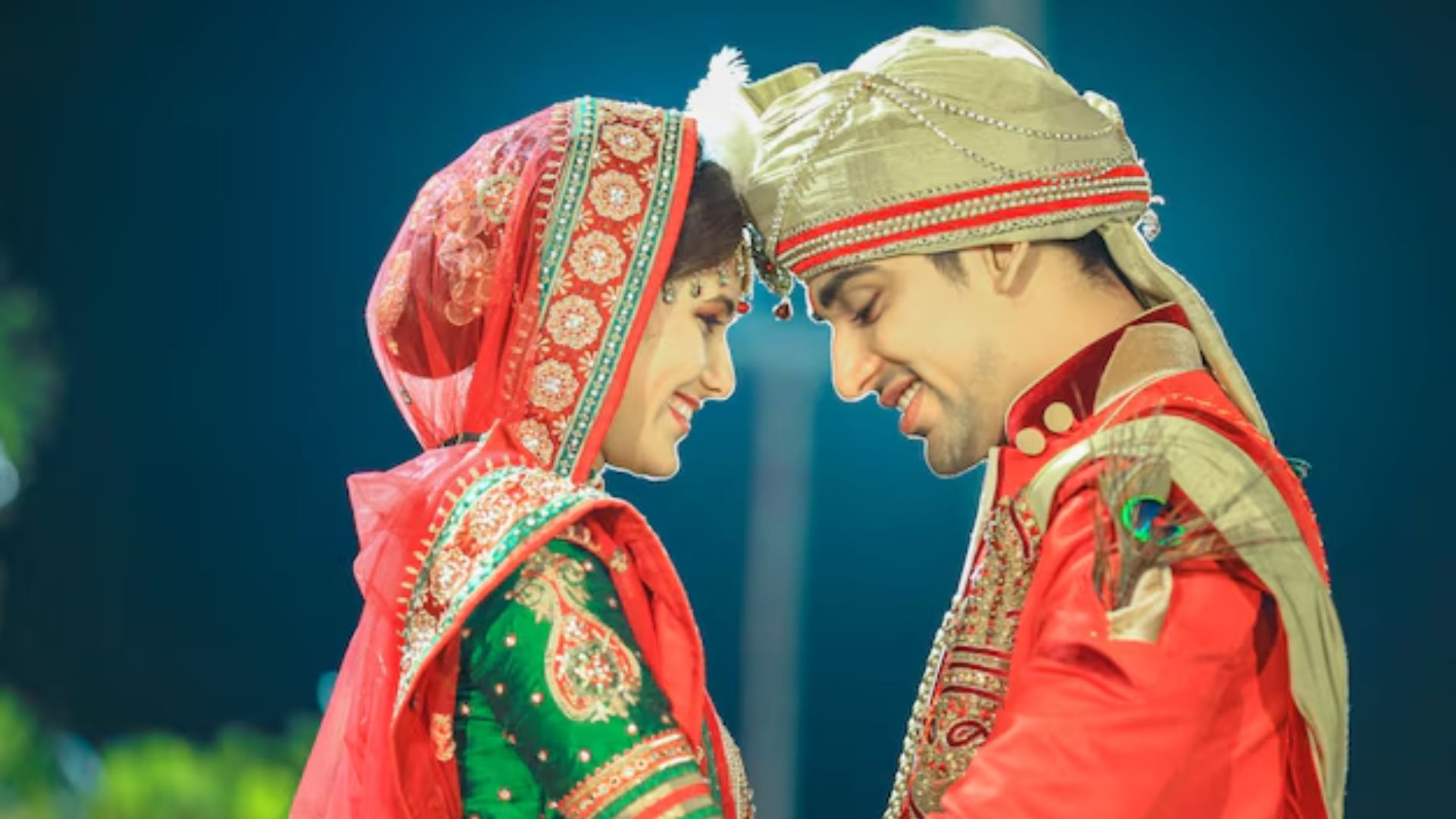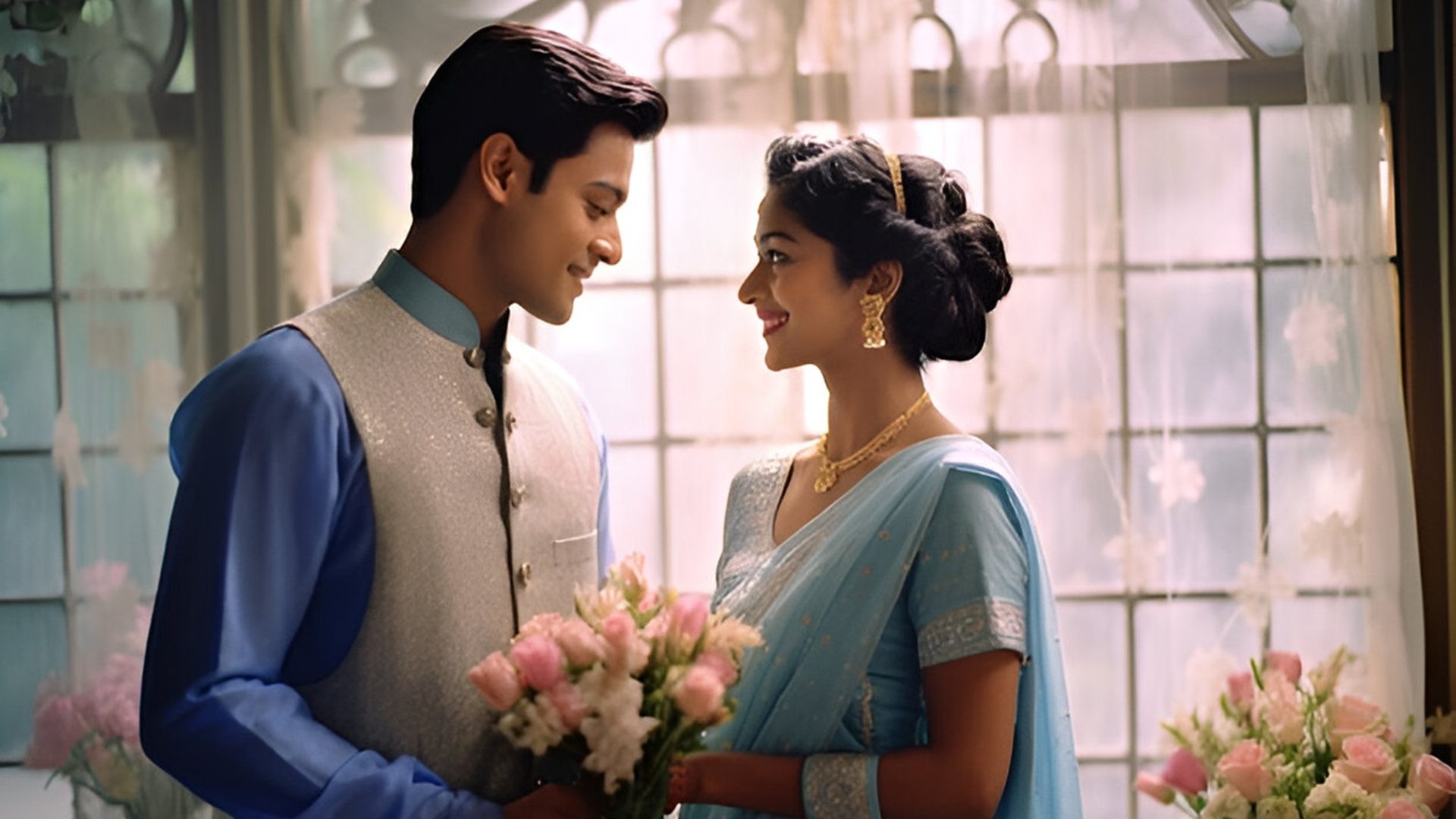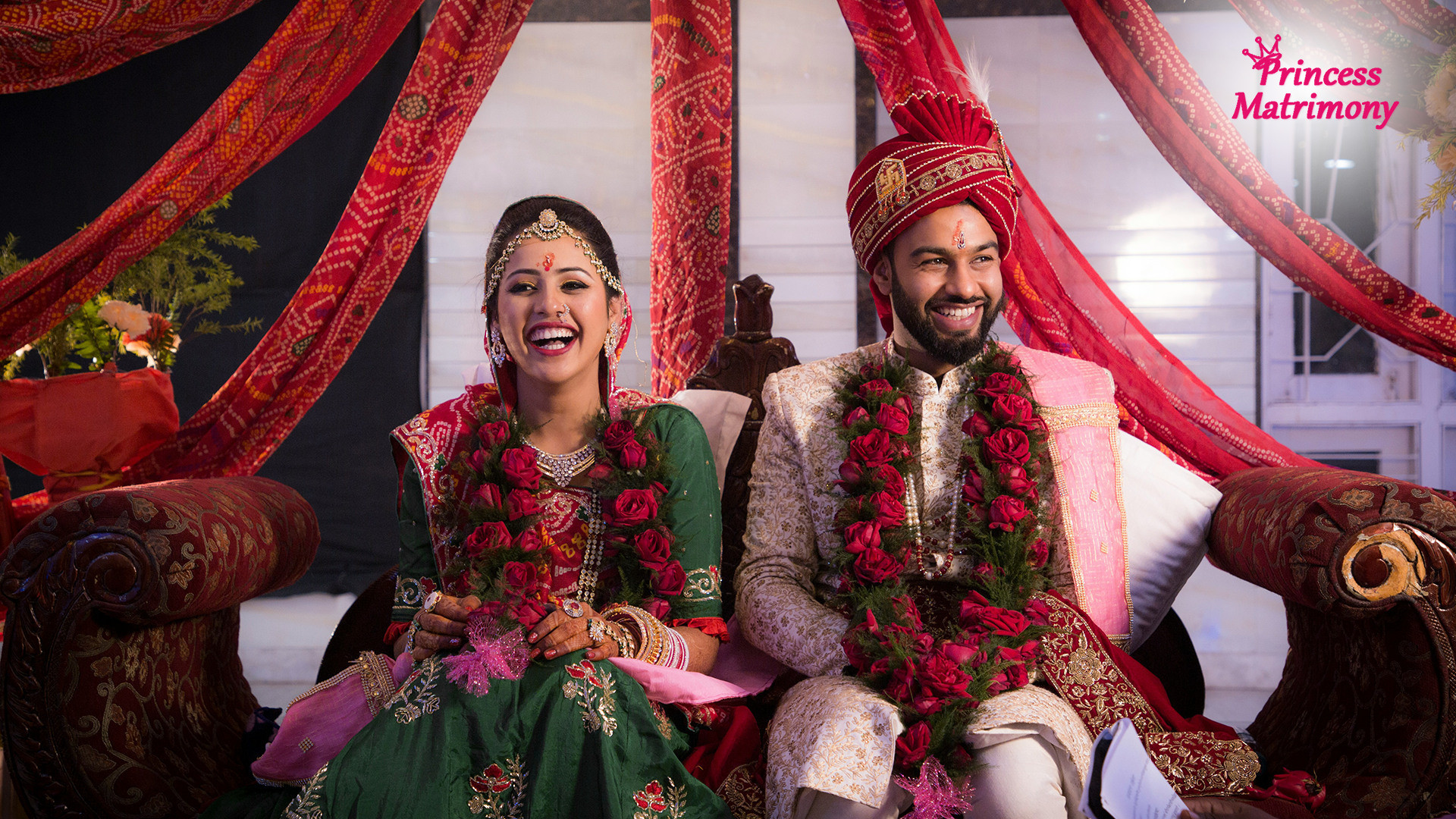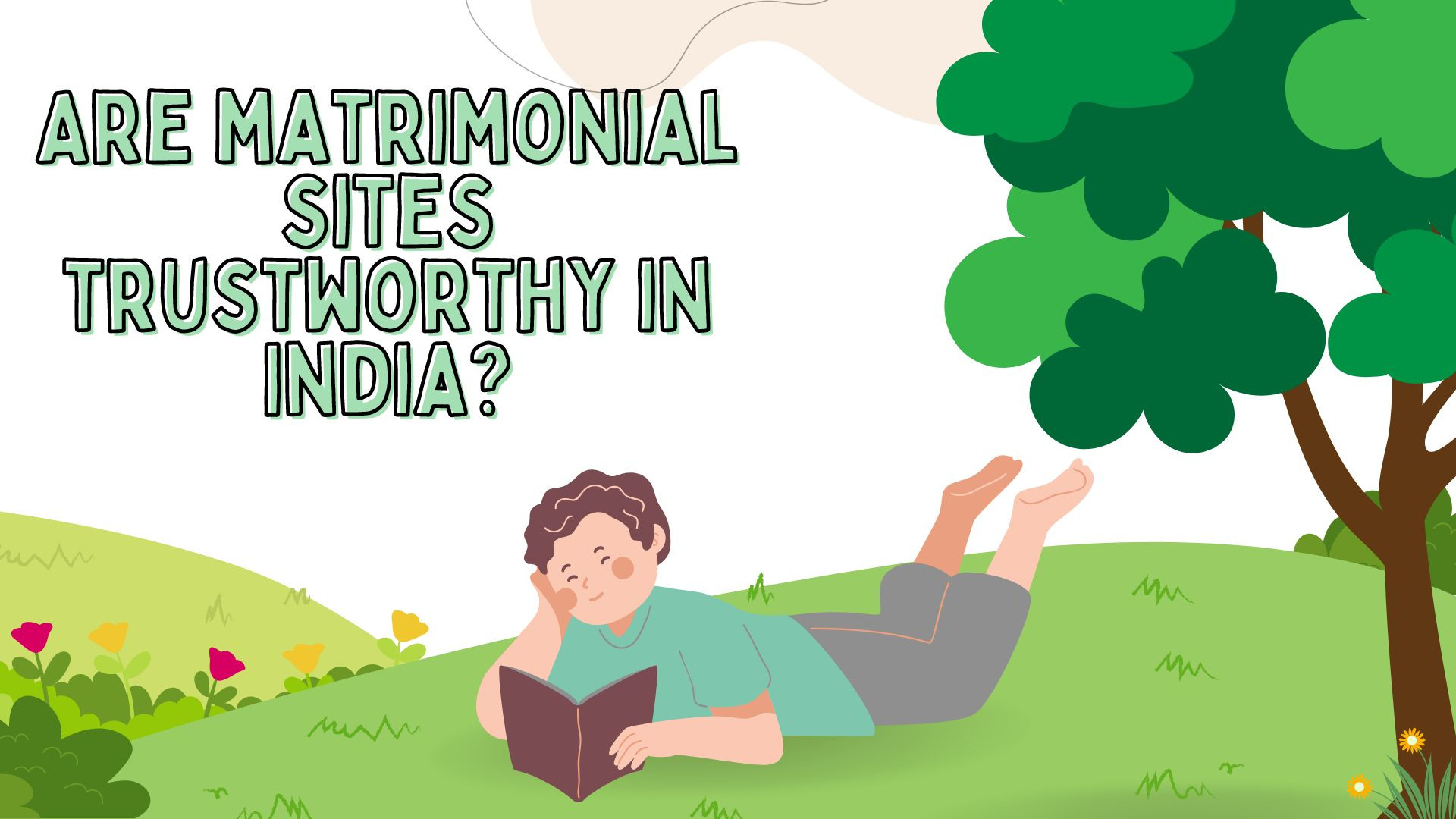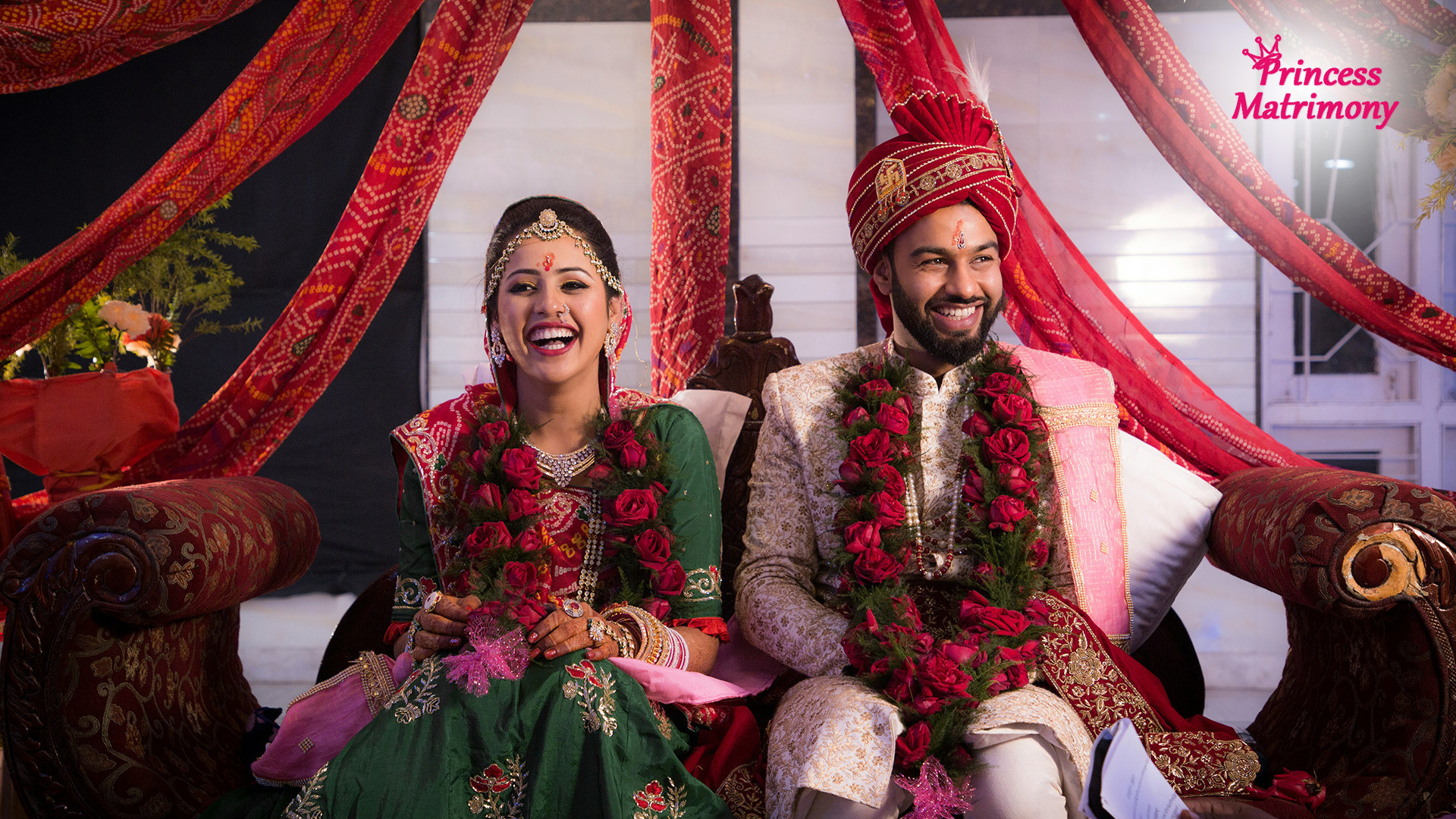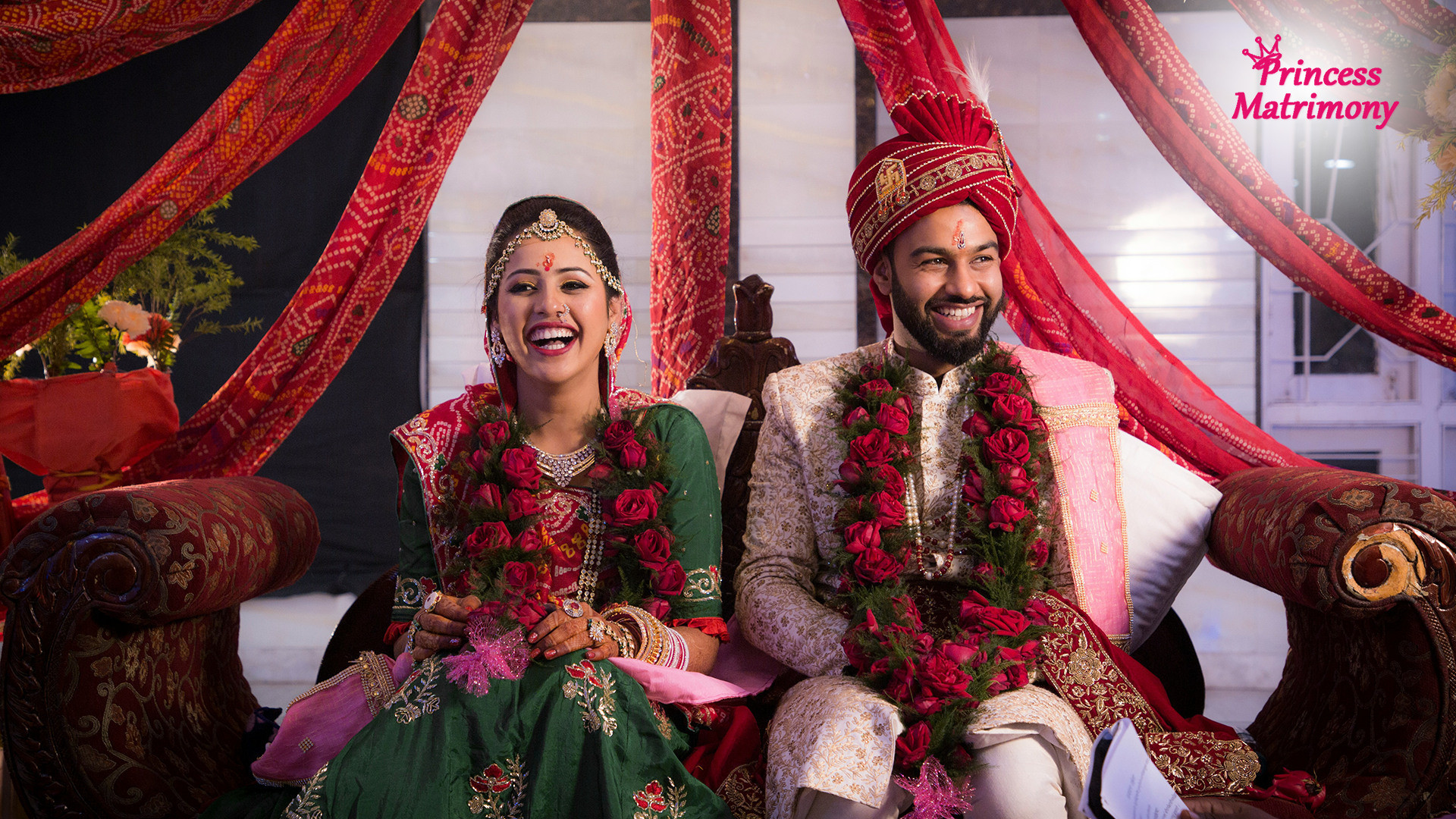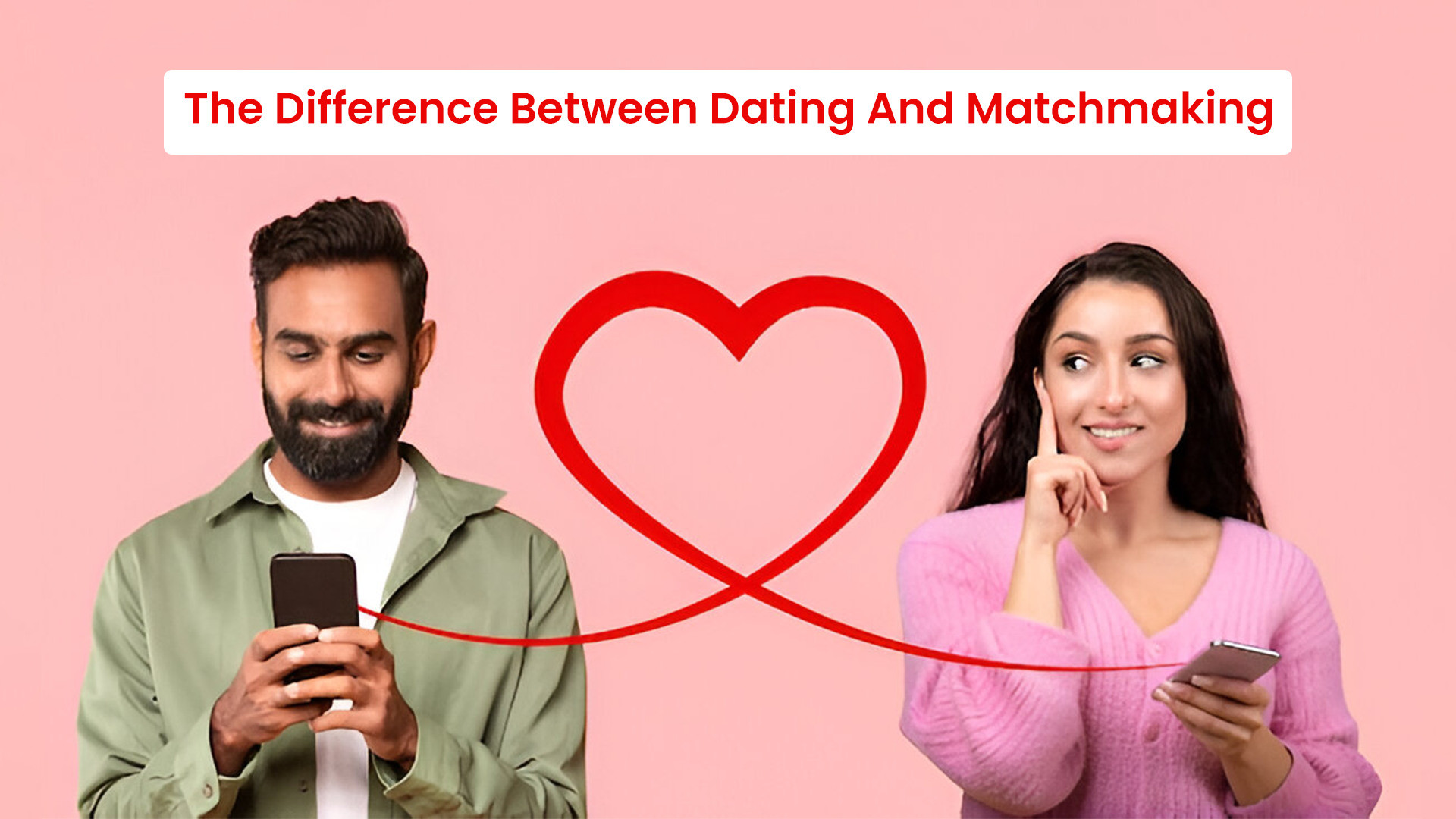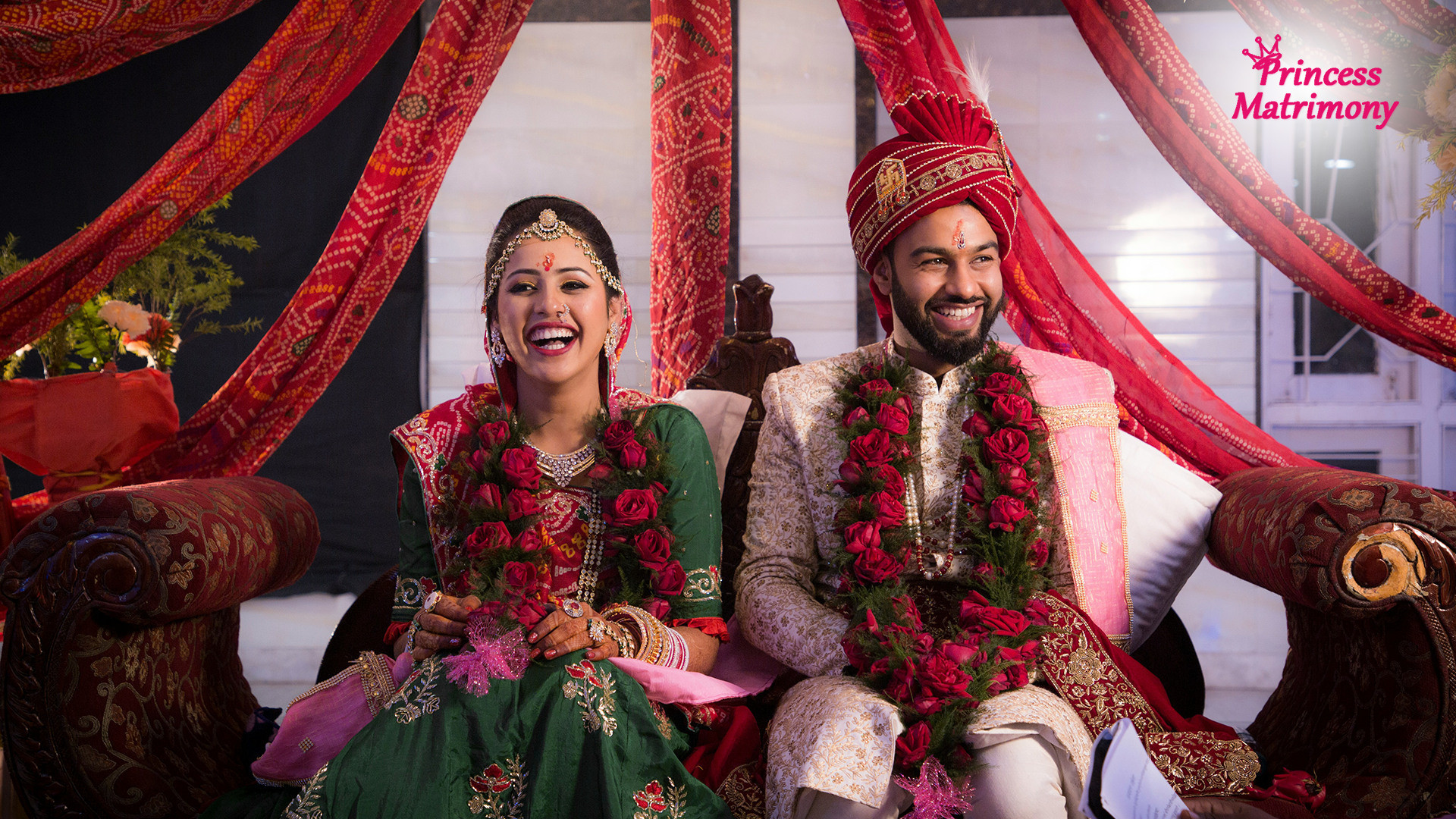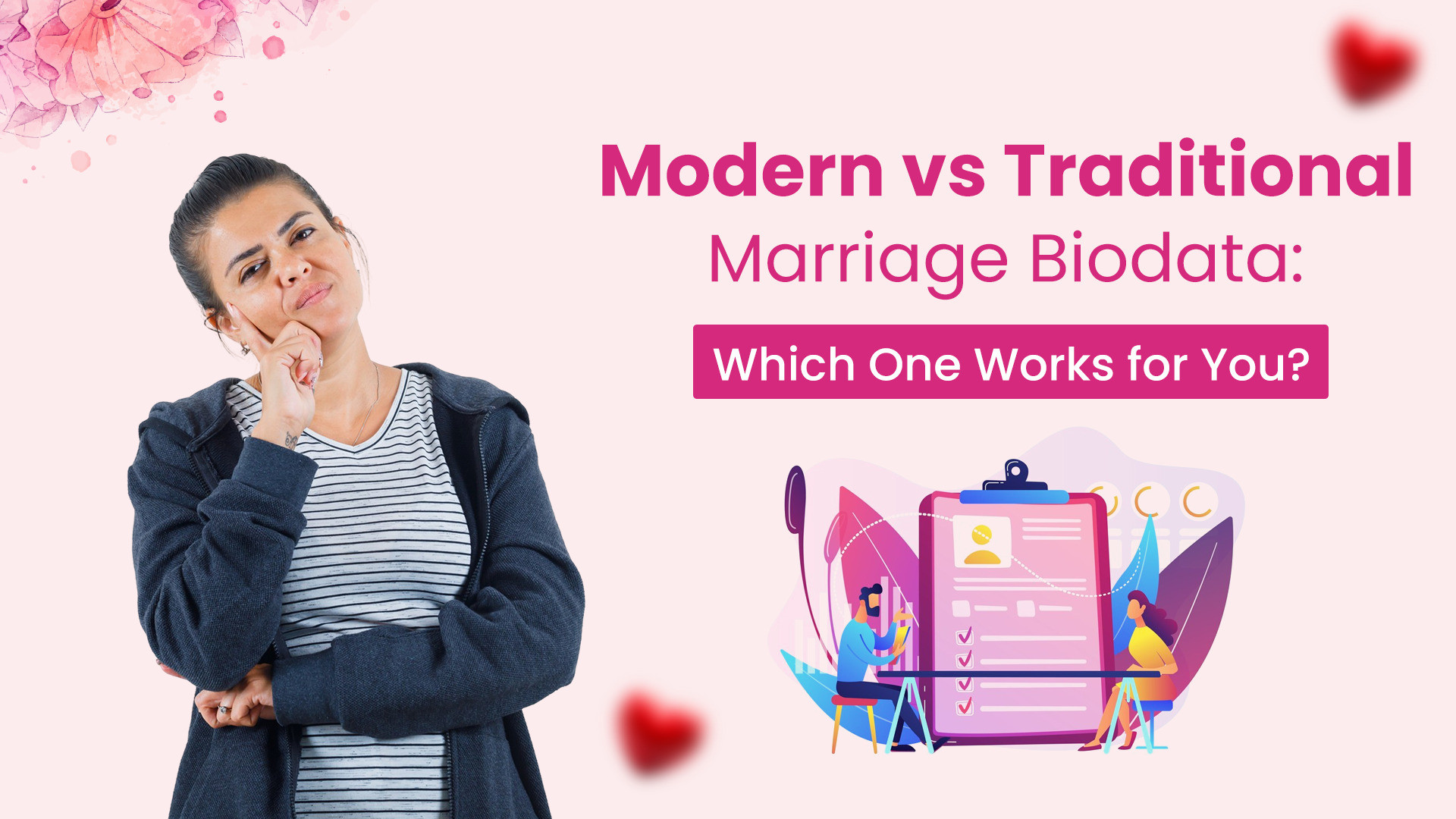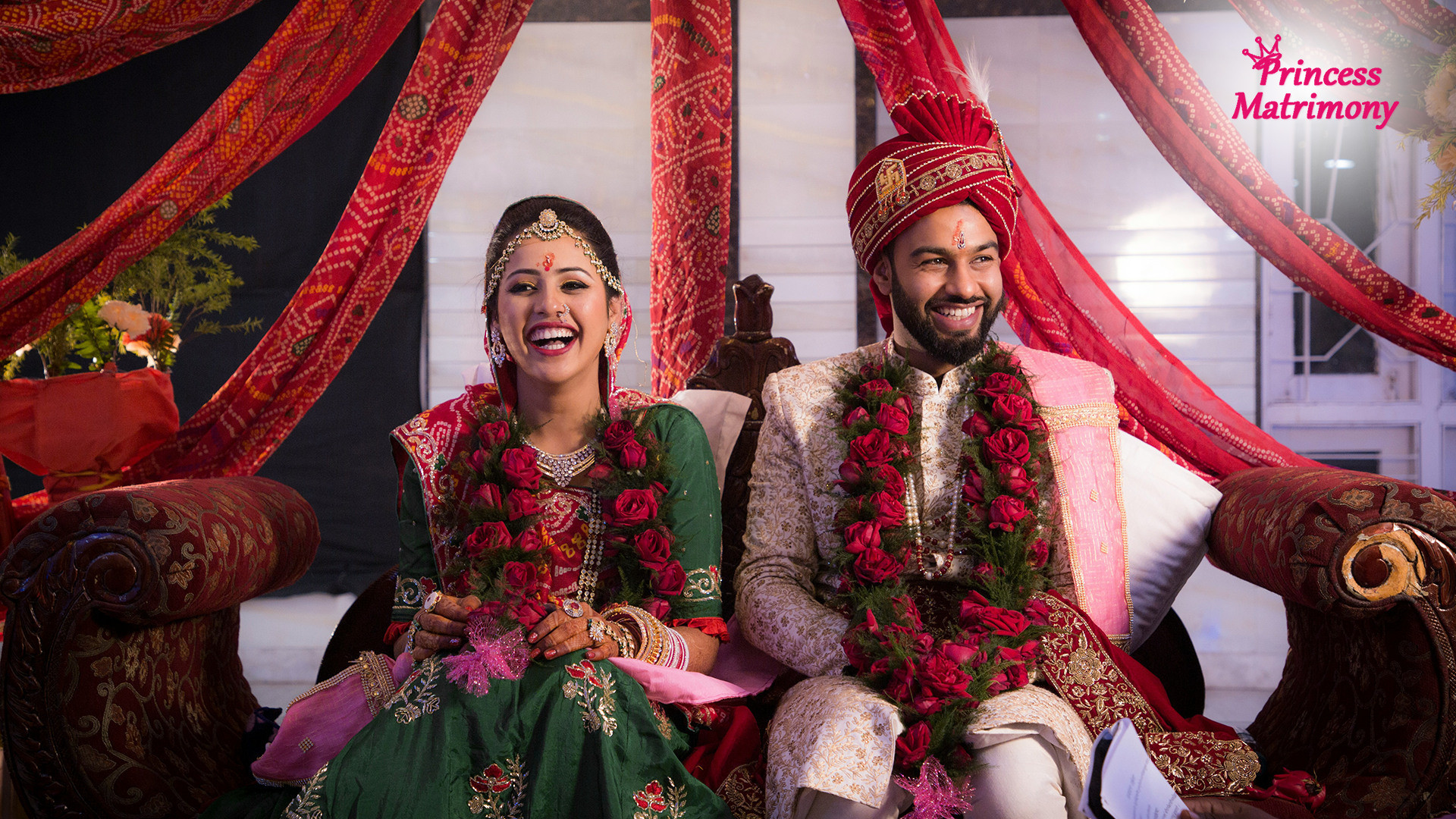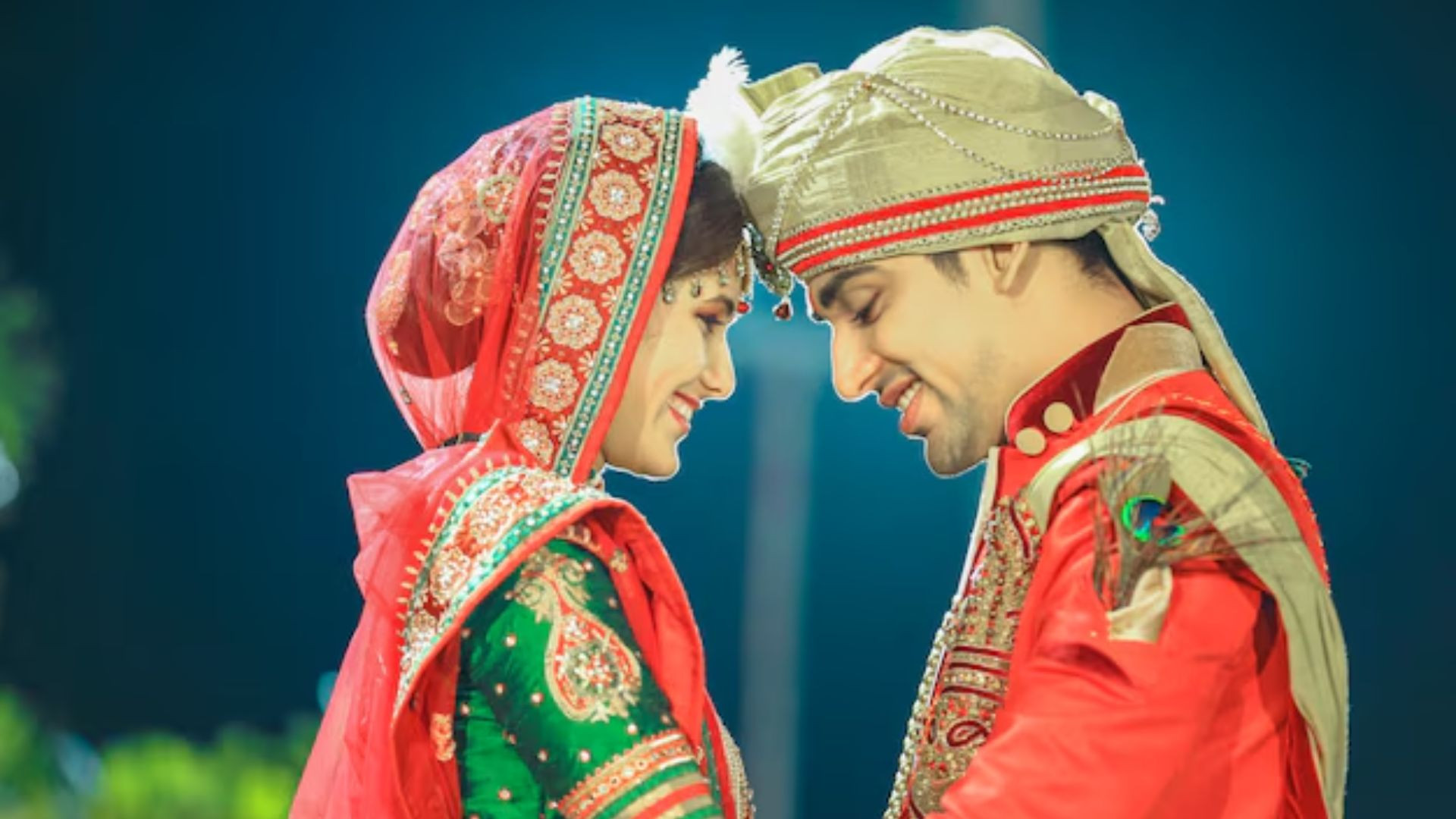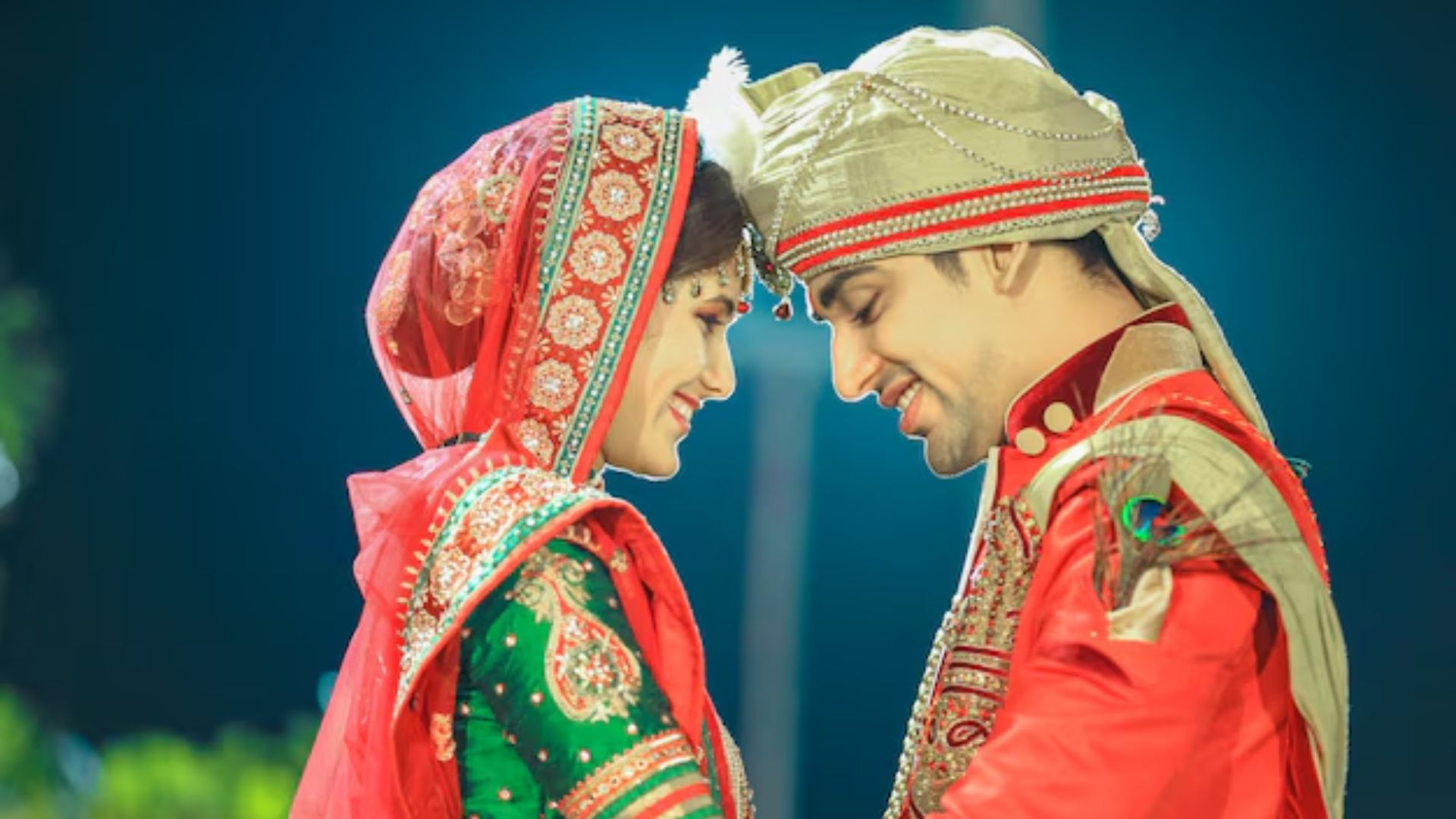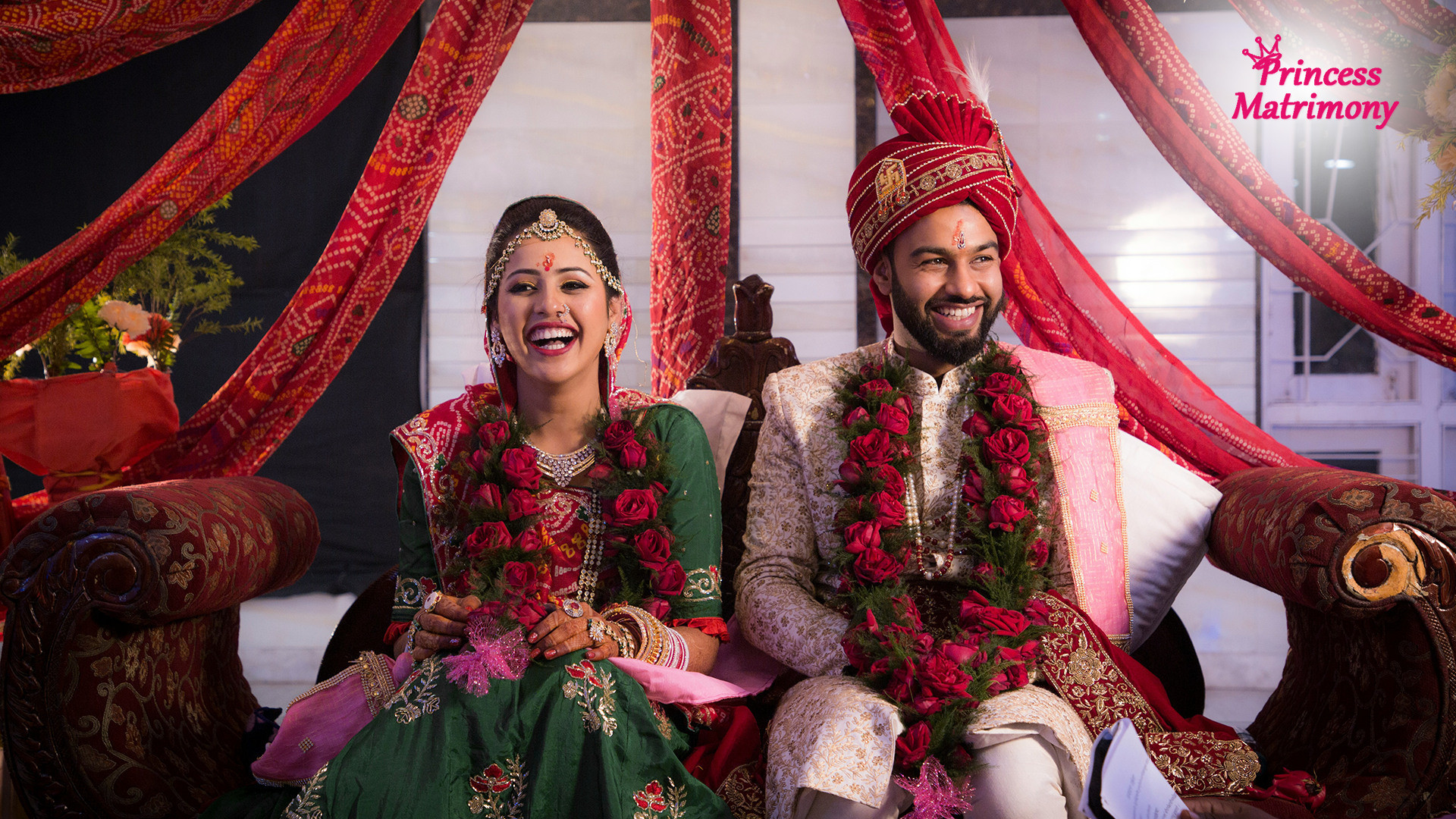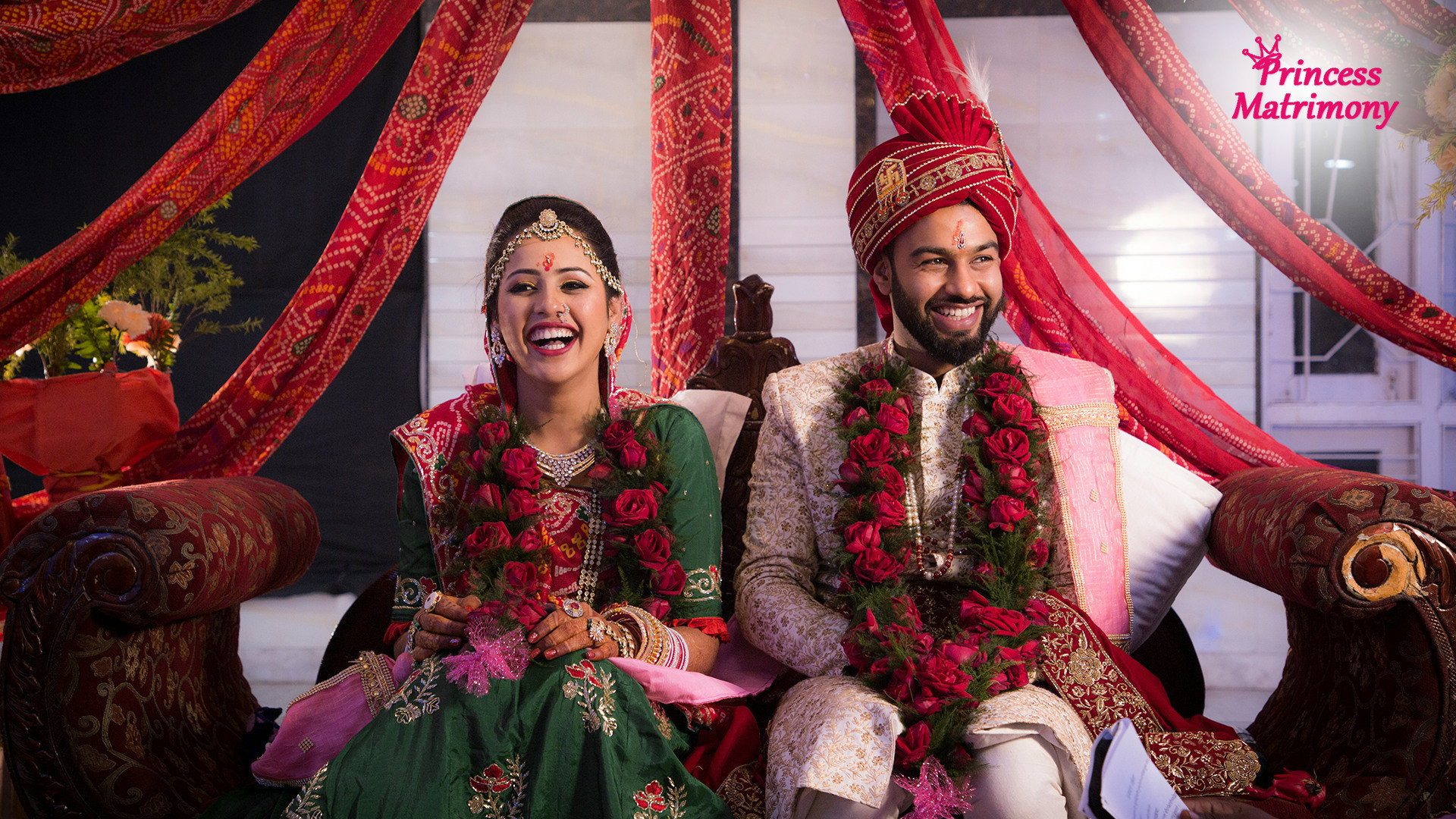Top searches:
Browse all profilesDifference between Love Marriage and Arrange Marriage - A 2025 Perspective!
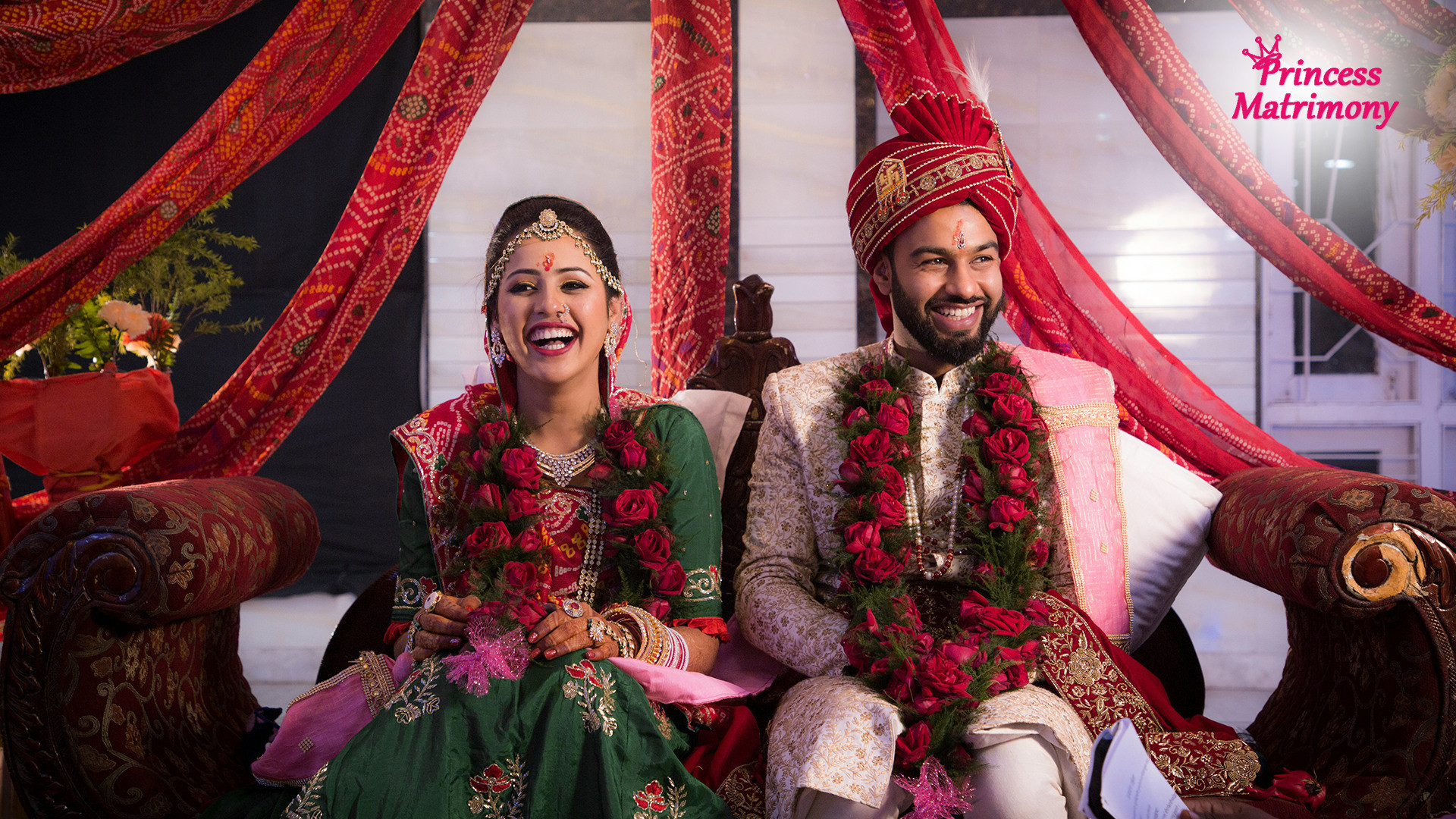 Oct 6, 2025
Oct 6, 2025
Difference between Love Marriage and Arrange Marriage - A 2025 Perspective!
Introduction,
In a world where technology, social norms, and cultures change quickly, the idea of marriage has additionally changed in important ways. While the essence of marriage remains rooted in tradition and emotional connection, the methods of choosing life partners have transformed over time. Love marriages and arranged marriages are the two primary forms of matrimonial alliances, each with its own set of expectations, benefits, and challenges.
As 2025 approaches, a new viewpoint is taking shape, one in which conventional values are fusing with contemporary convictions. Though it is now influenced by changing social norms and beliefs, the difference between arranged marriage and love marriage is still important today.
Understanding What is Love Marriage and Arrange Marriage
Love Marriage
A love marriage happens when two people decide to marry after falling in love, typically after dating or studying. Individuals in this arrangement get to know each other well before being married, which is generally based on mutual emotions of attraction, respect, and emotional connection. It is largely motivated by individual preferences, emotional compatibility, and shared ideals.
Arrange Marriage
In an arranged marriage, Families or matchmakers are in charge of finding a good match for each participant in an arranged marriage. The first introduction is frequently made by family members or through marital services, however, the couple may have some influence over the ultimate choice. Many cultures have a long history of arranged weddings when choosing a spouse is heavily influenced by practical factors such as compatibility with ones culture and family background.
Understanding Love Marriage and Arrange Marriage - The Evolving Perception in 2025
Love Marriages: In 2025, love marriages are gaining even more recognition and acceptance, especially in urban areas. With the rise of online dating apps, online matrimonial sites, social media, and increased interaction across cultures, people now have more opportunities to meet and fall in love. The idea that one must marry someone they have known for years before committing is gradually giving way to a more modern approach where people prioritize emotional connection and personal compatibility over familial approval.
Moreover, younger generations are increasingly choosing partners based on shared values, interests, and long-term goals. In a love marriage, the partners are more likely to have a deeper understanding of each others personalities, likes, dislikes, and future aspirations, which often contributes to a stronger emotional bond.
Arranged Marriages: On the other hand, the concept of arranged marriages has evolved considerably in 2025. While the traditional model where parents or elders make a choice still exists, there has been a rise in semi-arranged marriages, where both parties have more autonomy in the decision-making process.
Families now encourage their children to meet, interact, and get to know each other before making a final commitment. The advent of matrimonial apps, matrimonial websites, and apps has also made arranged marriages more accessible, offering a larger pool of potential partners while still maintaining family involvement.
Key Differences
The primary difference between a love marriage and an arranged marriage lies in the decision-making process. In love marriages, individuals make their choices based on personal attraction, emotional compatibility, and shared experiences. In contrast, arranged marriages often rely on the families judgment, where they consider factors like cultural background, social status, education, and family values before making a match.
However, as the lines between these two types of marriages blur, many arranged marriages today allow individuals more freedom to communicate and interact before making the final decision.
Emotional Bonding: In love marriages, the emotional bond tends to be formed over time as the couple builds a relationship based on mutual attraction and understanding. In arranged marriages, the emotional connection may take time to develop, as the couple might not have known each other well before marriage. However, once the marriage begins, many arranged couples form strong emotional bonds, especially with the support of their families.
Family Involvement: In an arranged marriage, family members are highly involved in the matchmaking process, and their approval is often crucial. In love marriages, while family opinions matter, the final decision typically lies with the individuals themselves.
However, family participation in love weddings has increased as social standards have changed, particularly in societies where concord depends on family acceptance.
Pros and Cons of Love Marriage and Arrange Marriage
Love Marriage - Pros
- Personal Choice: Partners have the freedom to choose each other based on personal feelings and connections.
- Better Understanding: Couples typically understand each other better, having had time to date and communicate before marriage.
- Compatibility: Love marriages often focus more on emotional compatibility and shared interests.
Love Marriage - Cons
- External Pressure: Sometimes, families or society may not approve, leading to external stress and potential conflicts.
- Unrealistic Expectations: Having idealized the relationship, couples may face difficulties when faced with the realities of married life.
- Emotional Rollercoaster: The initial phase of love might be intense, but the challenges of marriage can sometimes cause emotional strains.
Arranged Marriage - Pros
- Family Support: Families are actively involved in supporting and guiding the couple throughout the process.
- Cultural Compatibility: There is often a focus on ensuring that the partners come from similar cultural and social backgrounds, which can provide stability.
- Practical Considerations: Factors like family background, career prospects, and financial stability are often considered in an arranged marriage, offering a solid foundation.
Arranged Marriage - Cons
- Limited Personal Knowledge: The couple might not know each other well initially, and this could create challenges in emotional bonding.
- Pressure to Conform: There may be societal or familial pressure to marry someone based on expectations rather than personal choice.
- Adjustments: It may take time for the couple to adjust to each other’s habits, personalities, and expectations.
The Future of Marriages in 2025 and Beyond
In 2025, planned weddings and a hybrid concept of love are probably going to become more common. In order to maintain cultural and familial peace, this approach involves families in the process while also giving people greater flexibility in selecting their mates. The distinction between love and planned marriages is becoming increasingly hazy due to the growing influence of technology, social media, and online matrimonial sites, which allow individuals to examine relationships from a global viewpoint.
The emphasis in 2025 will be on respect, understanding, and shared beliefs, regardless of whether the marriage is planned or the result of love. Marriages changing dynamics demonstrate that what matters most is not how two people meet but rather their dedication to one another in creating a prosperous and fulfilling future.
Conclusion,
As the perspectives on marriage evolve in 2025, both love marriages and arranged marriages have their distinct advantages and challenges. The most important things are mutual respect, communication skills, and understanding between the partners. Regardless of the route that leads to it, marriage in the twenty-first century is becoming more and more about commitment, choice, and compatibility due to the merging of traditional and modern ideals.
Category
- Princess Matrimony free matrimonial site without Registration in Amritsar...
- Good Matrimonial Sites in India...
- Best Indian Matrimonial Site in Punjab...
- Best Indian Matrimonial Site...
- Modern Love, Traditional Bonds: Marriage Bureaus In Punjab...
- How to Find a good matrimonial site in Punjab?...
- 10 Surprising Reasons to Try Indias Best Free Matrimonial Site: Find Your Perfect Match Here!...
- Love Marriages and Their Psychological Impact on Couples...
- Your Essential Guide to NRI Matrimony Services in India...
- Free Matrimonial Site...
Trending Posts
-

Princess Matrimony free matrimonial site without Registration in Amritsar...
-
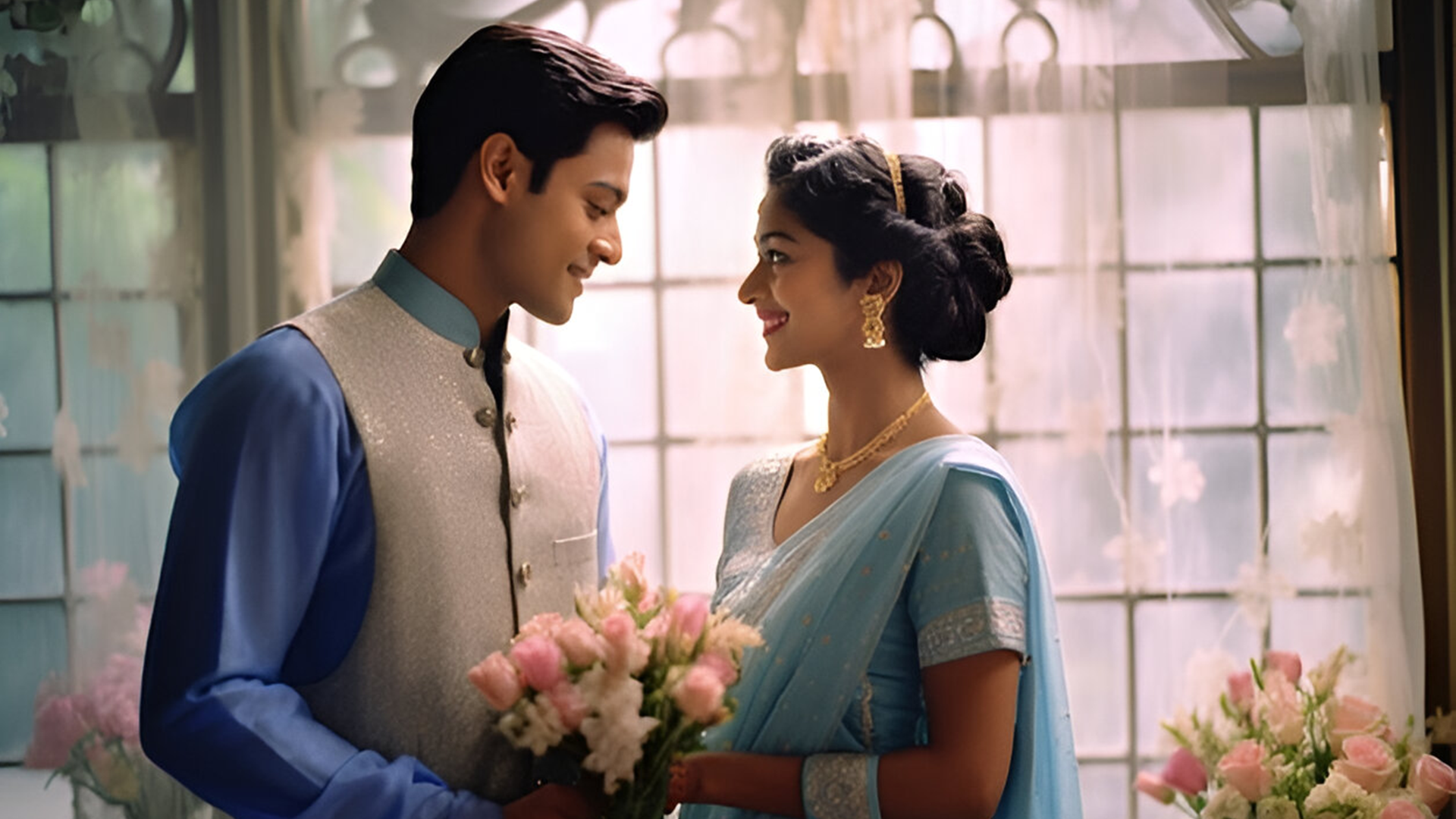
Good Matrimonial Sites in India...
-

Best Indian Matrimonial Site in Punjab...
-

Best Indian Matrimonial Site...
-
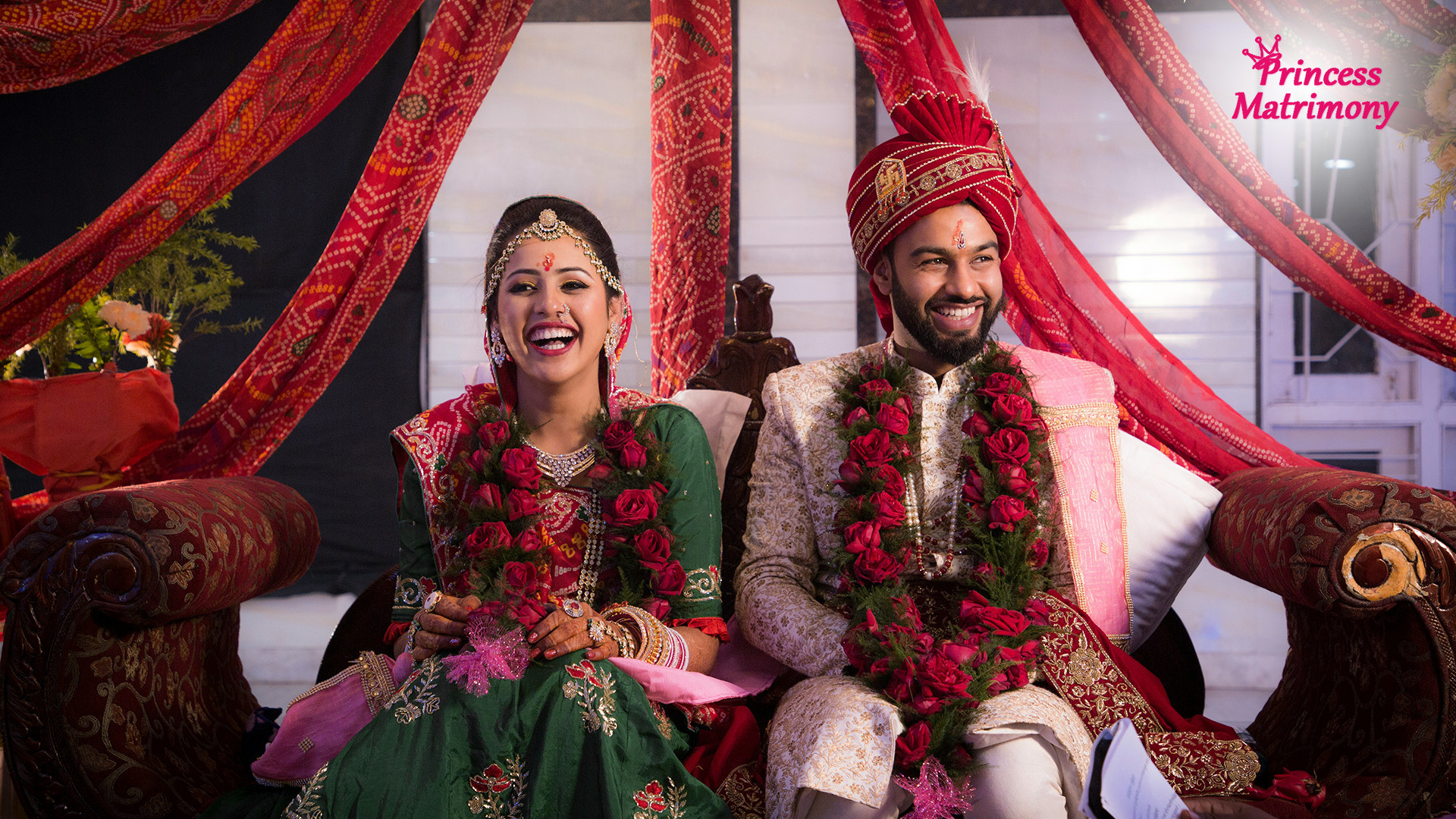
Modern Love, Traditional Bonds: Marriage Bureaus In Punjab...
-
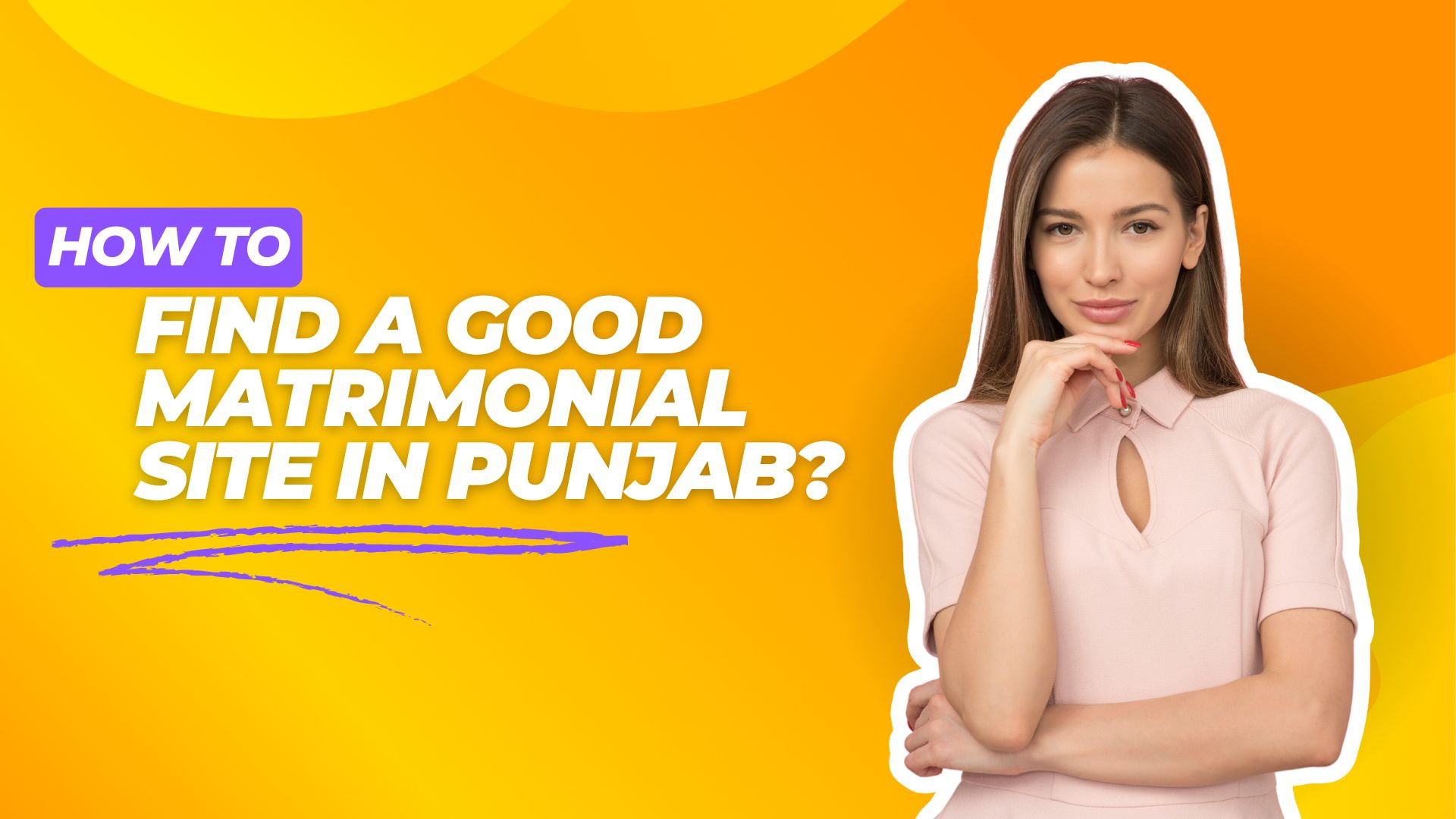
How to Find a good matrimonial site in Punjab?...
-
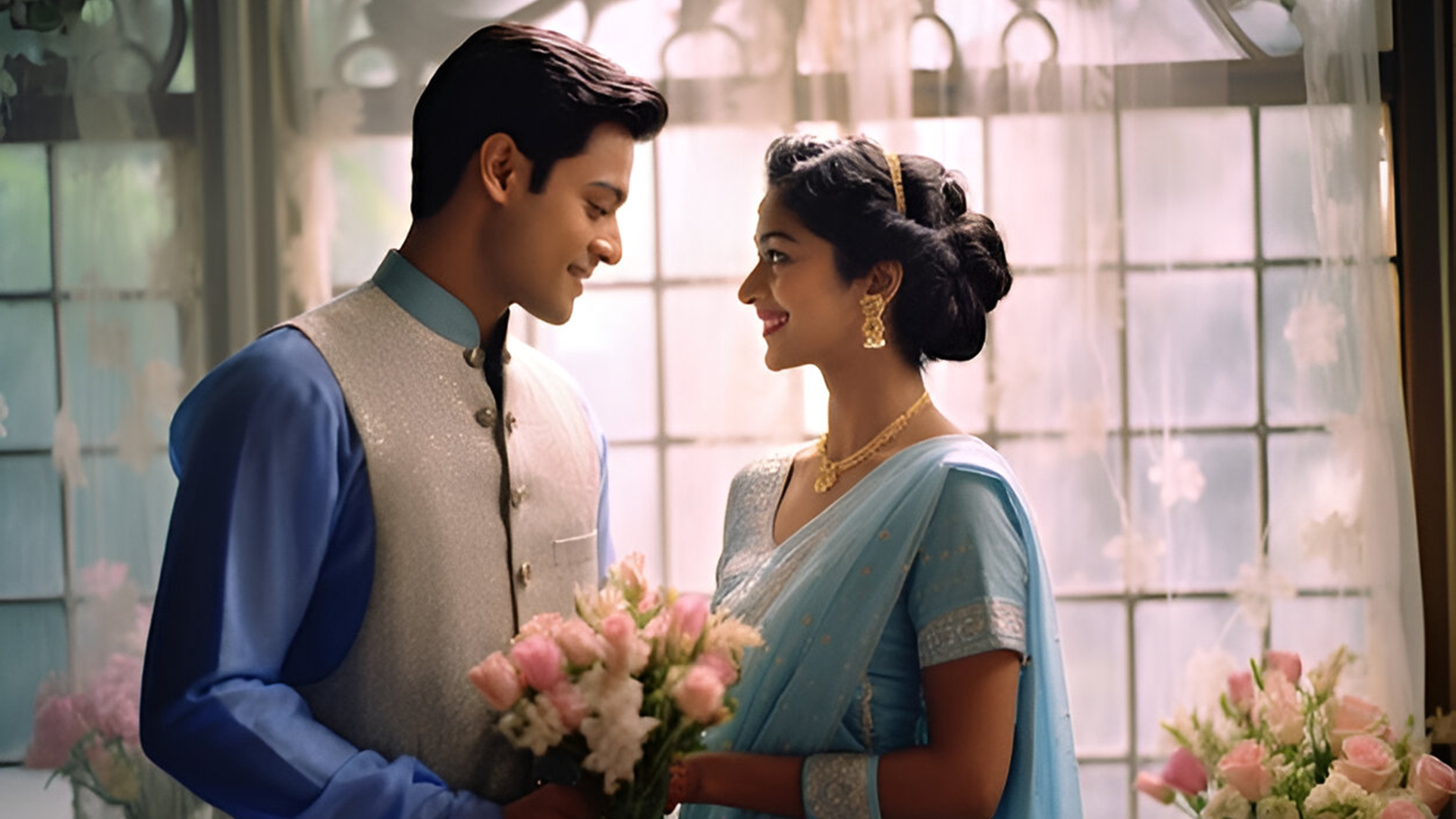
10 Surprising Reasons to Try Indias Best Free Matrimonial Site: Find Your Perfect Match Here!...
-
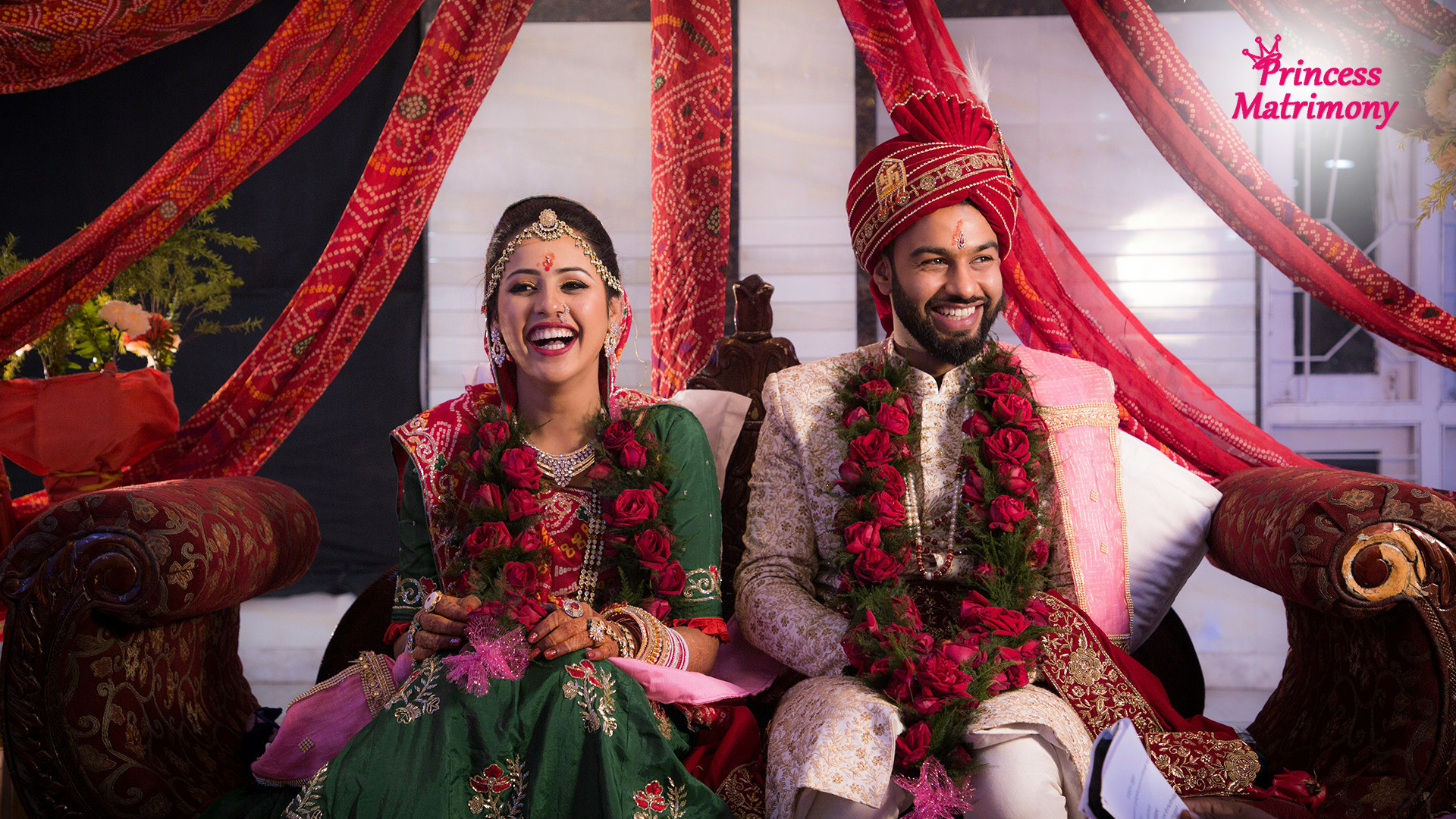
Love Marriages and Their Psychological Impact on Couples...
-
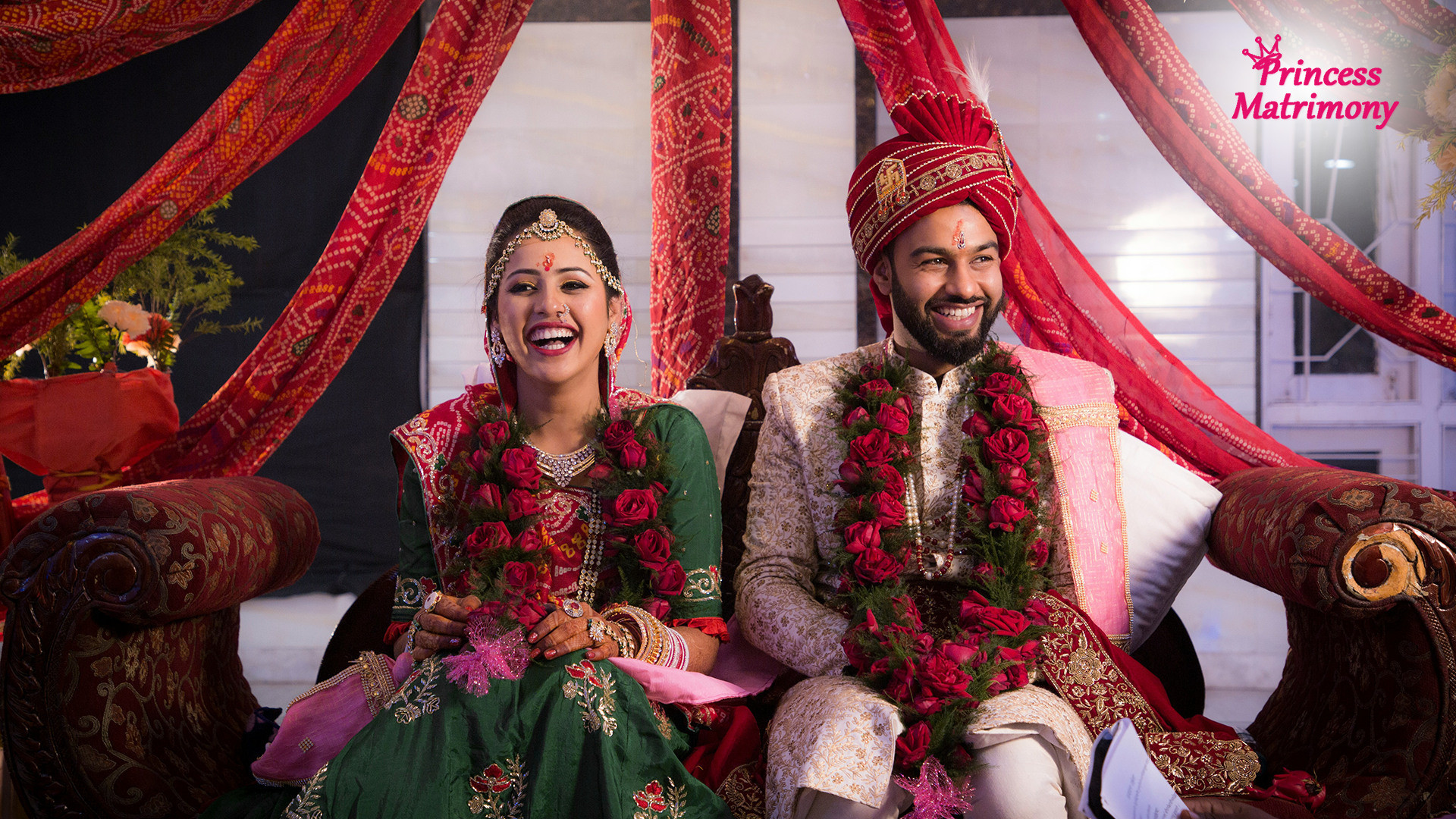
Your Essential Guide to NRI Matrimony Services in India...
-

Free Matrimonial Site...
Blog & Articles



